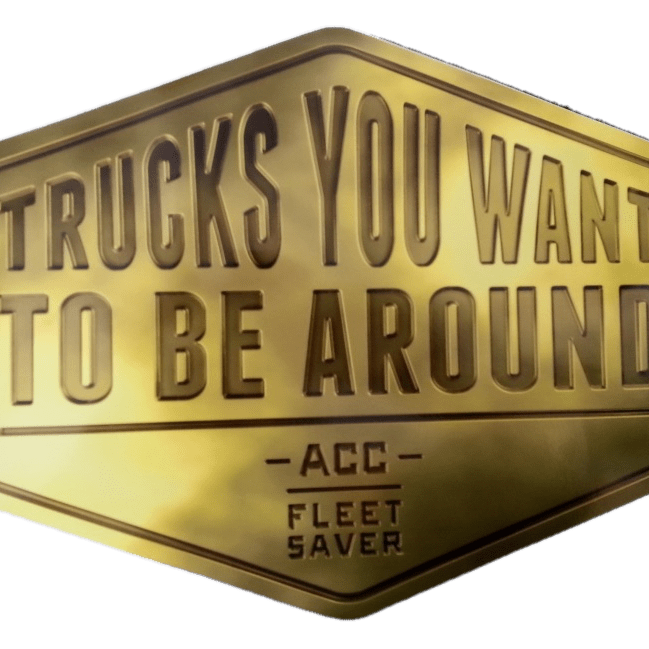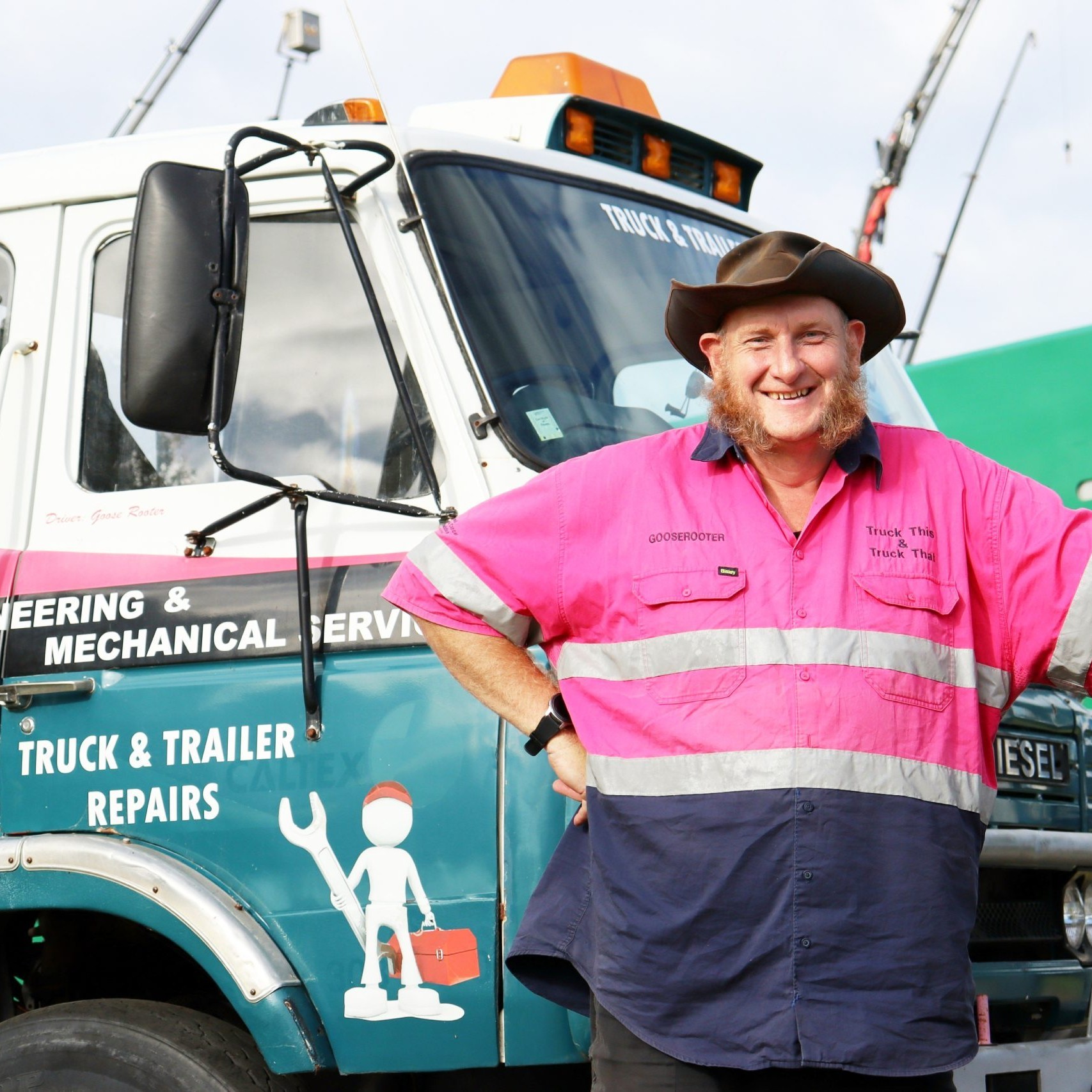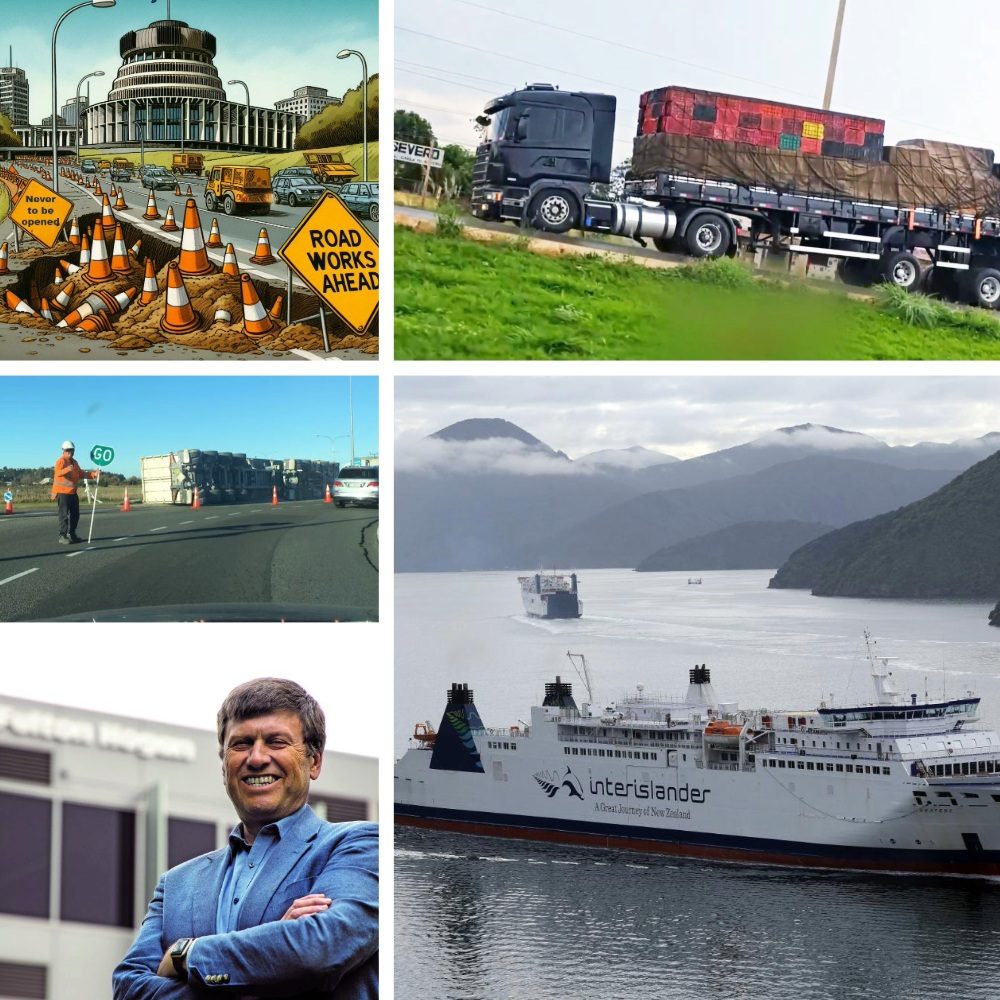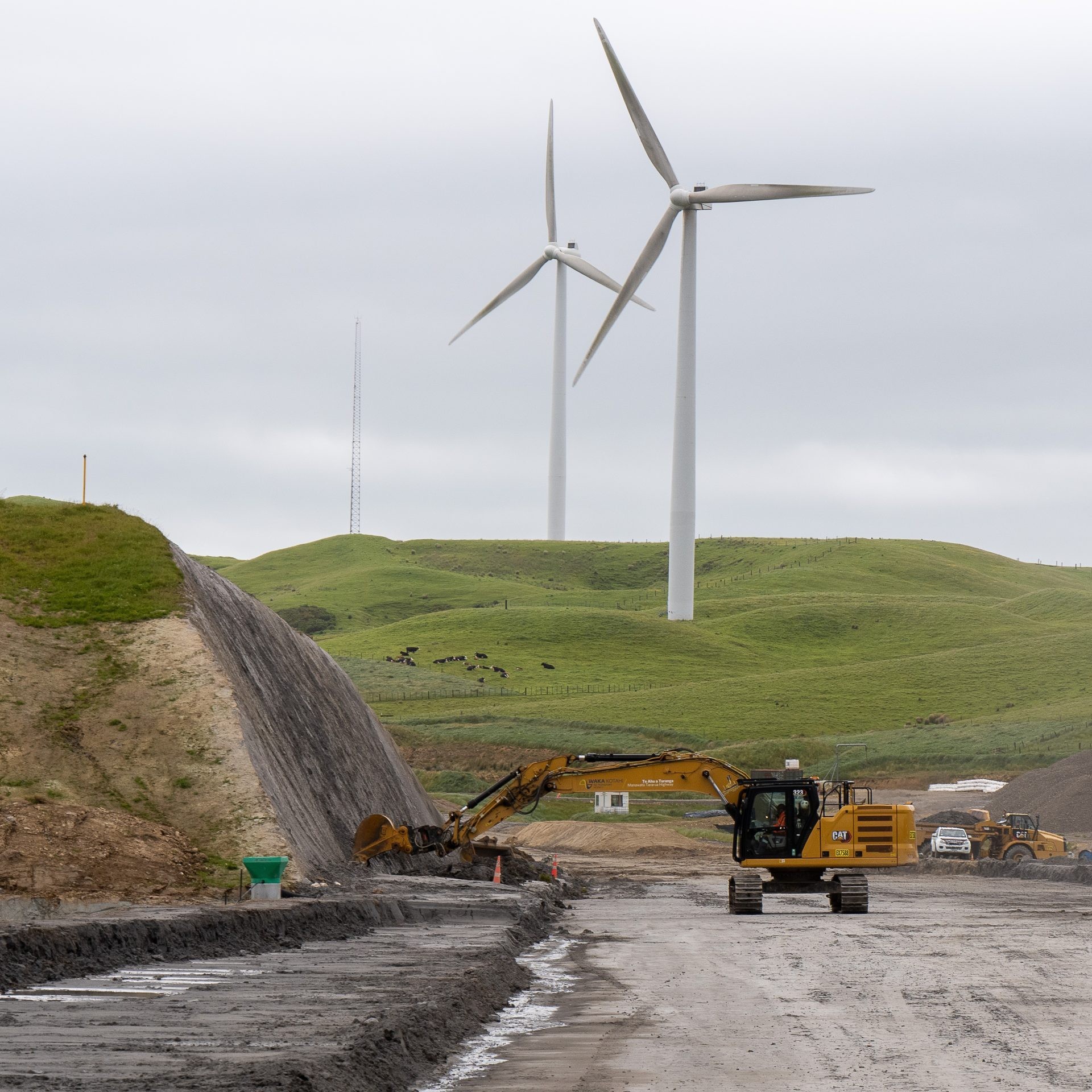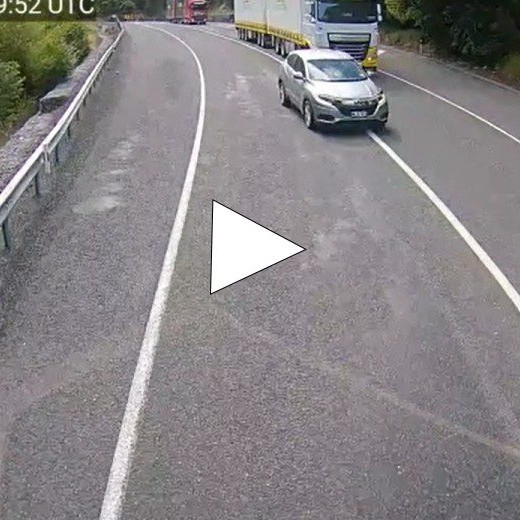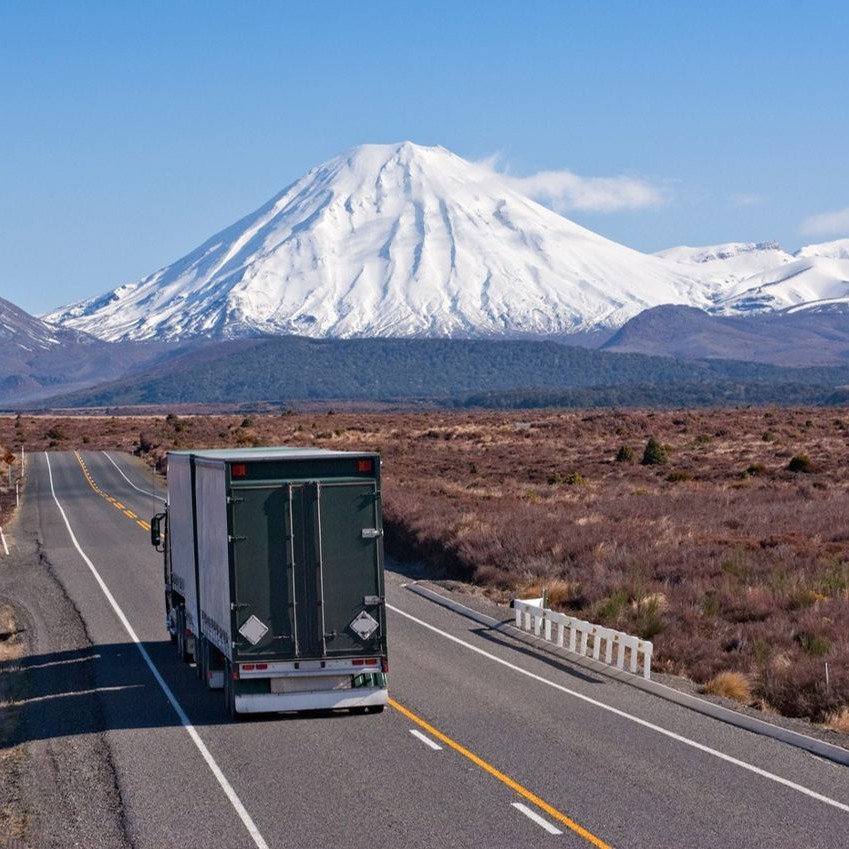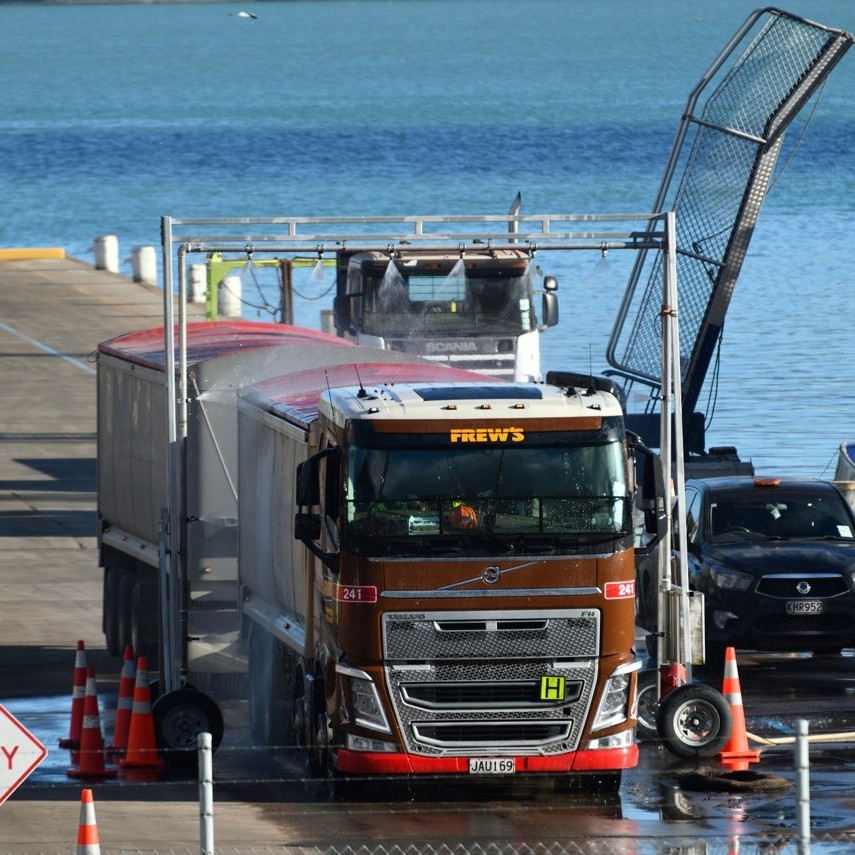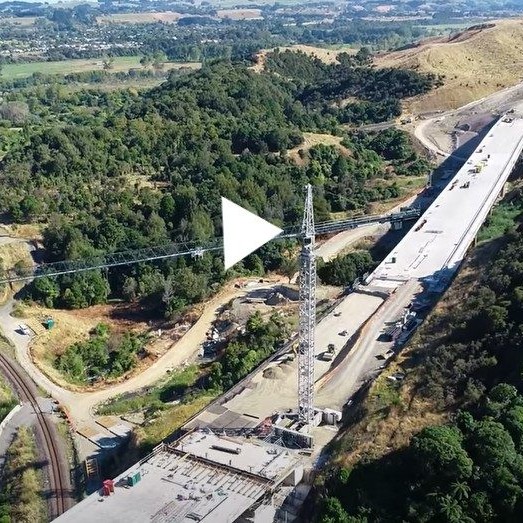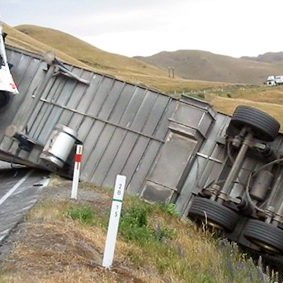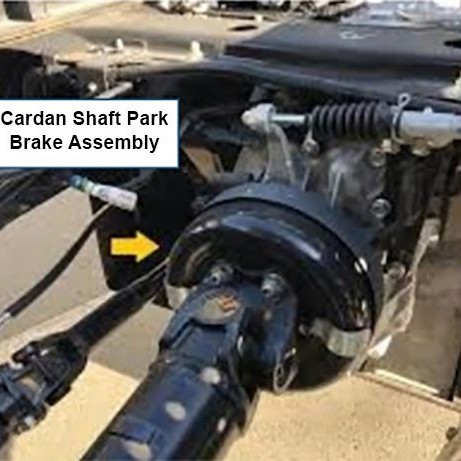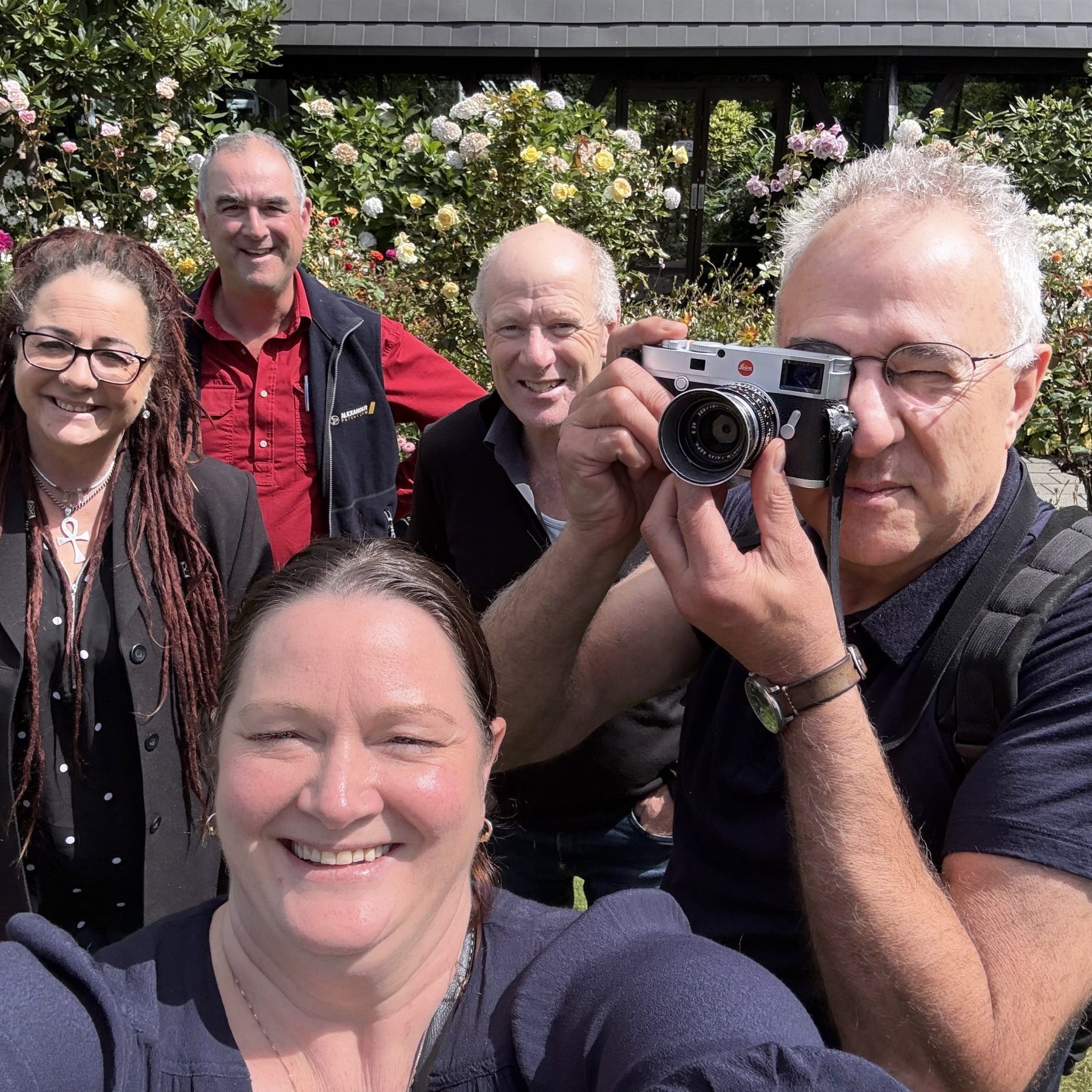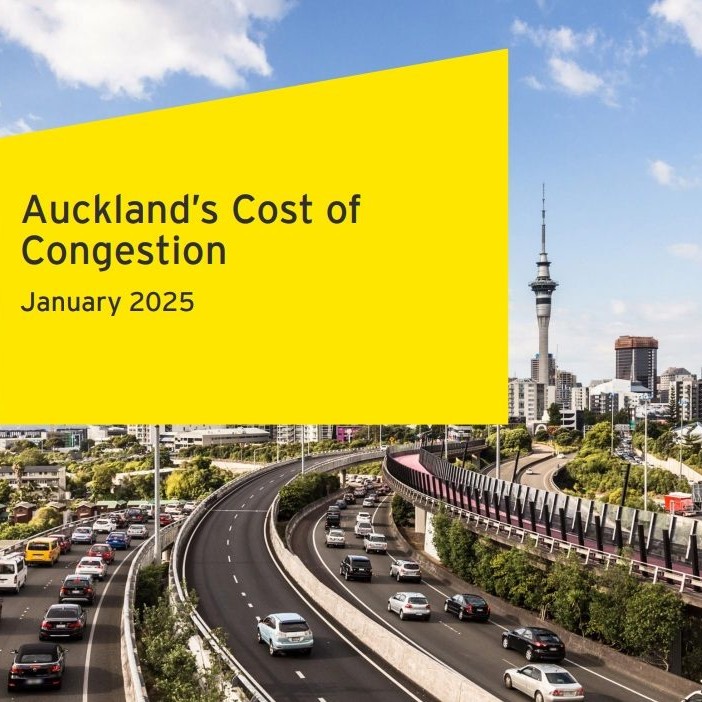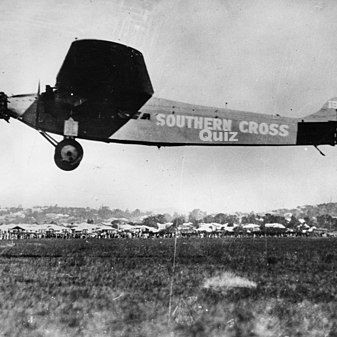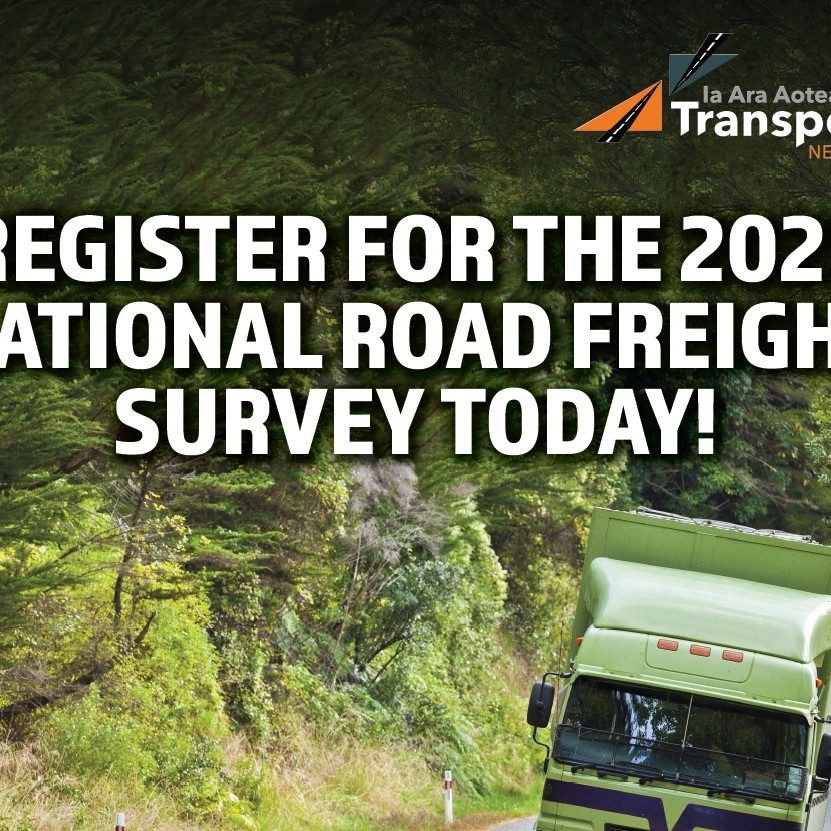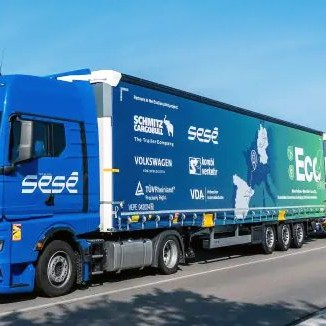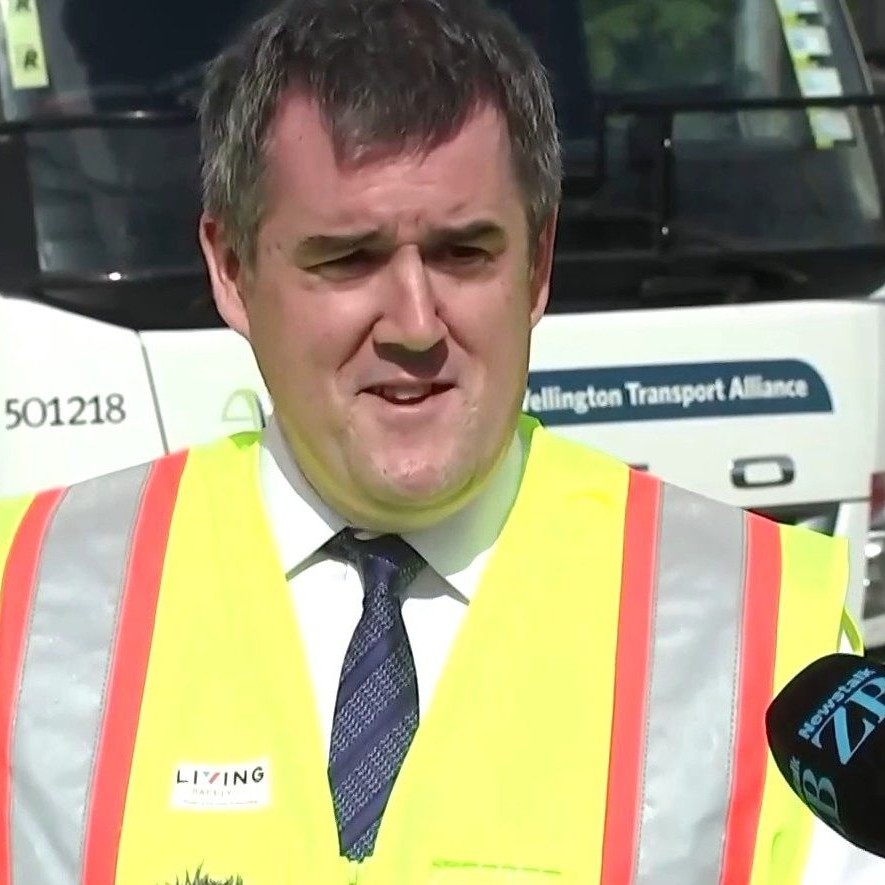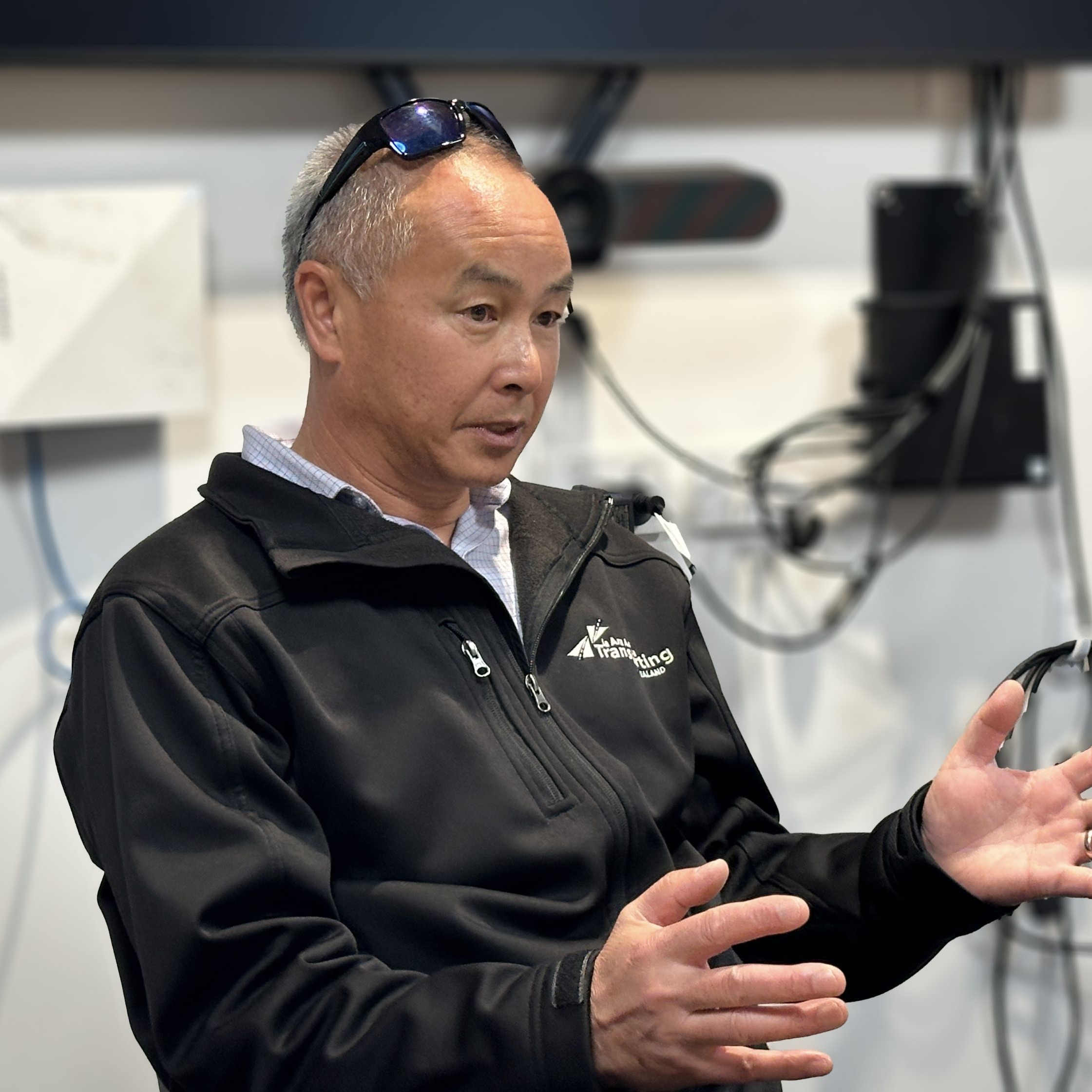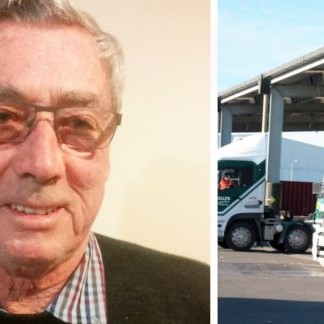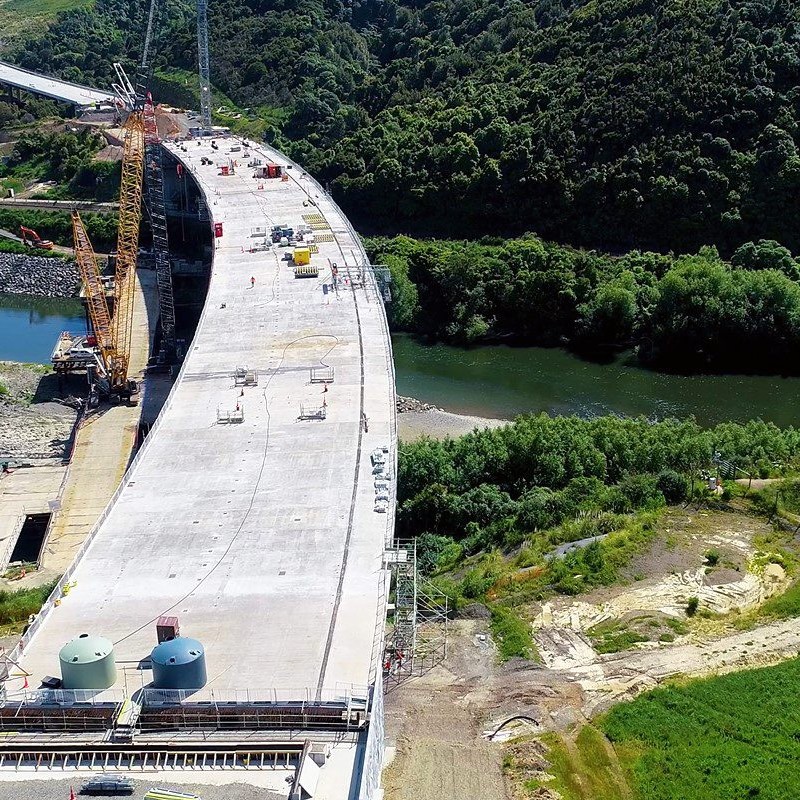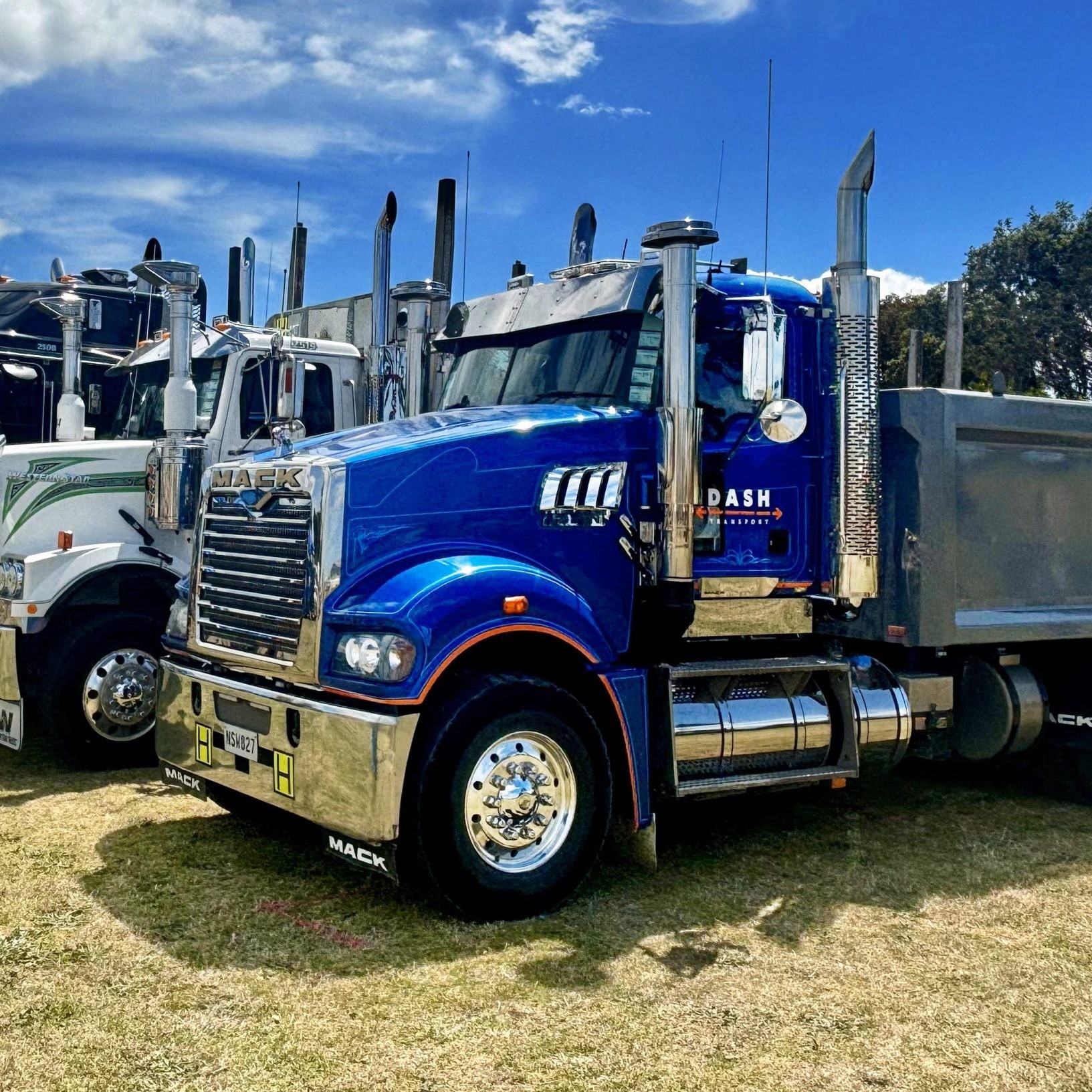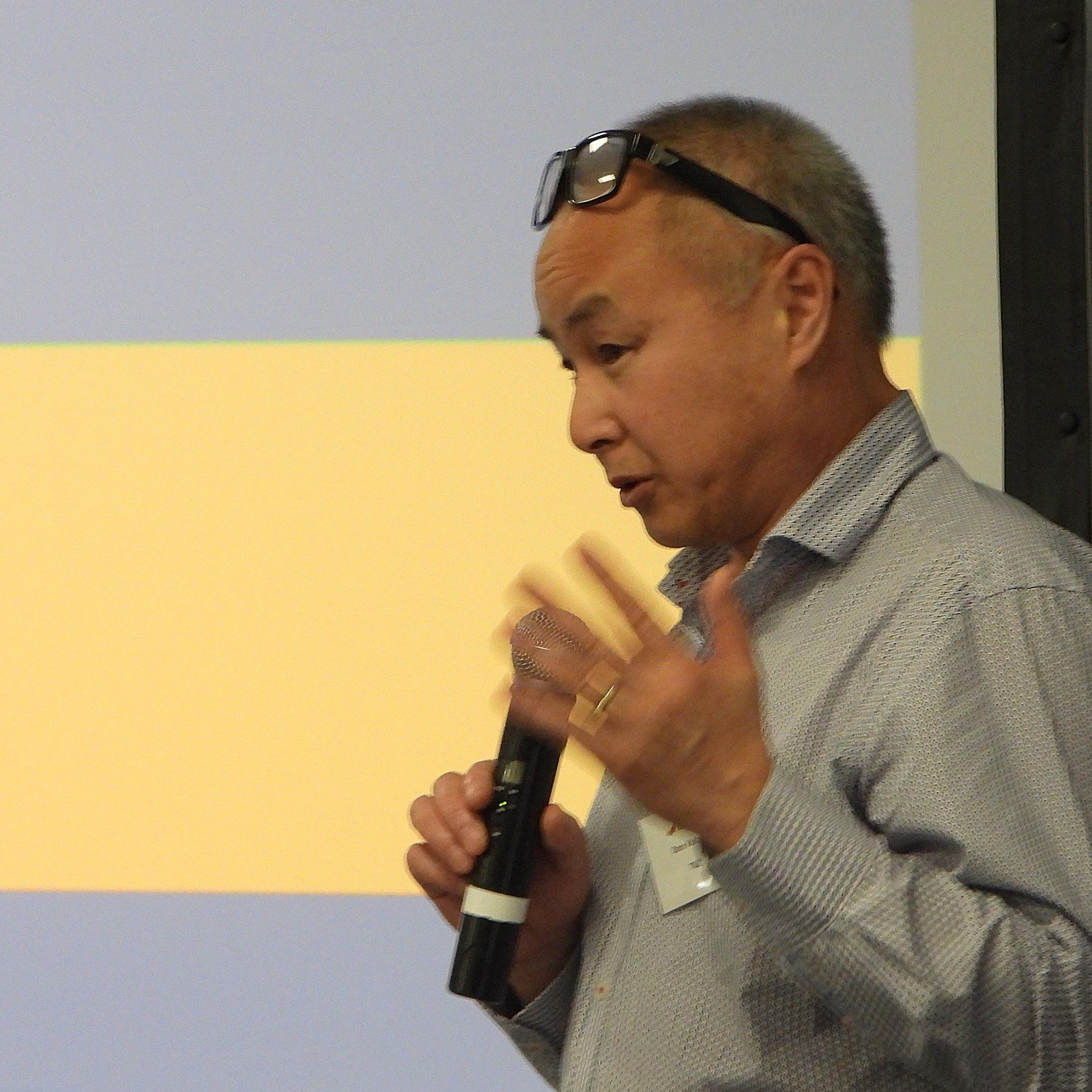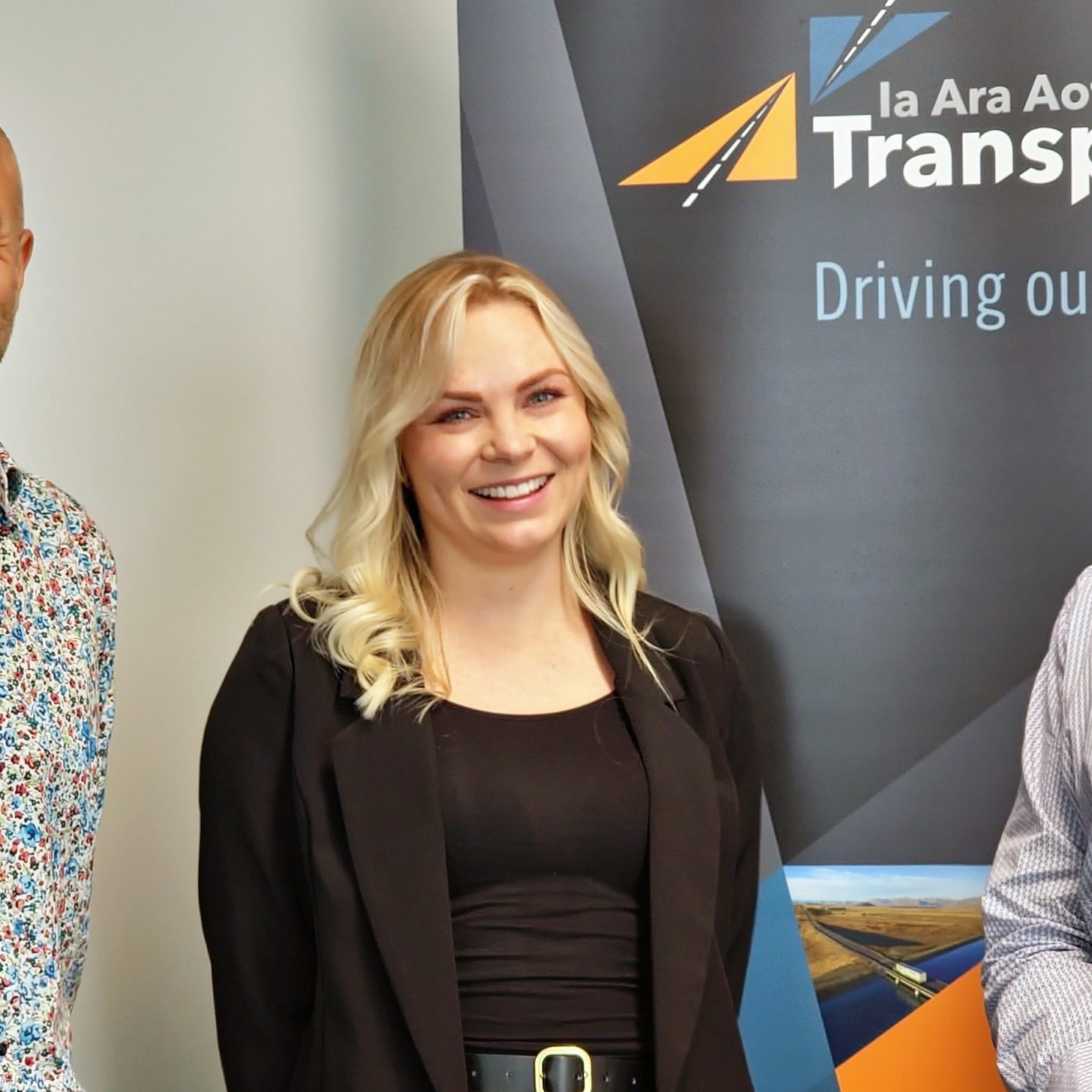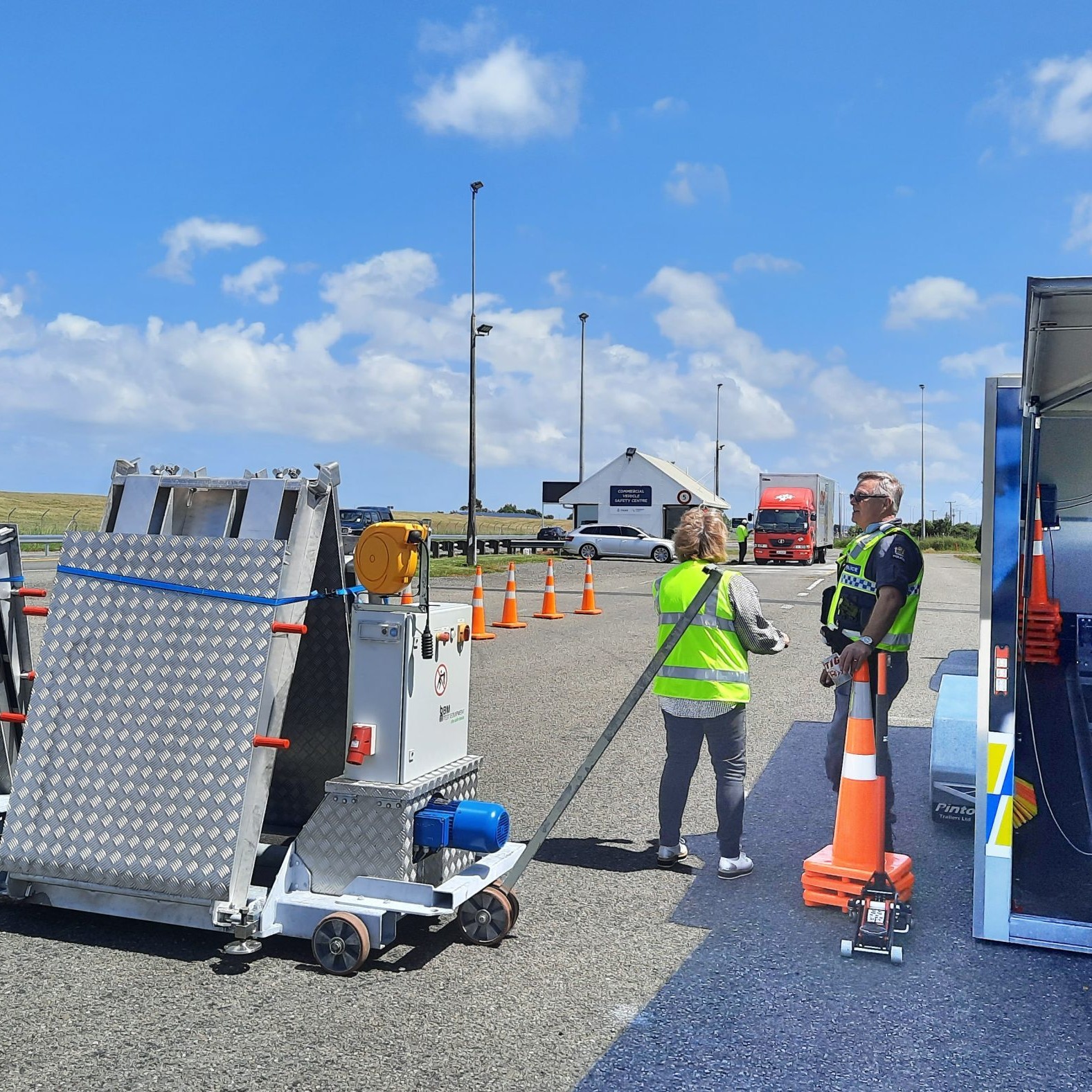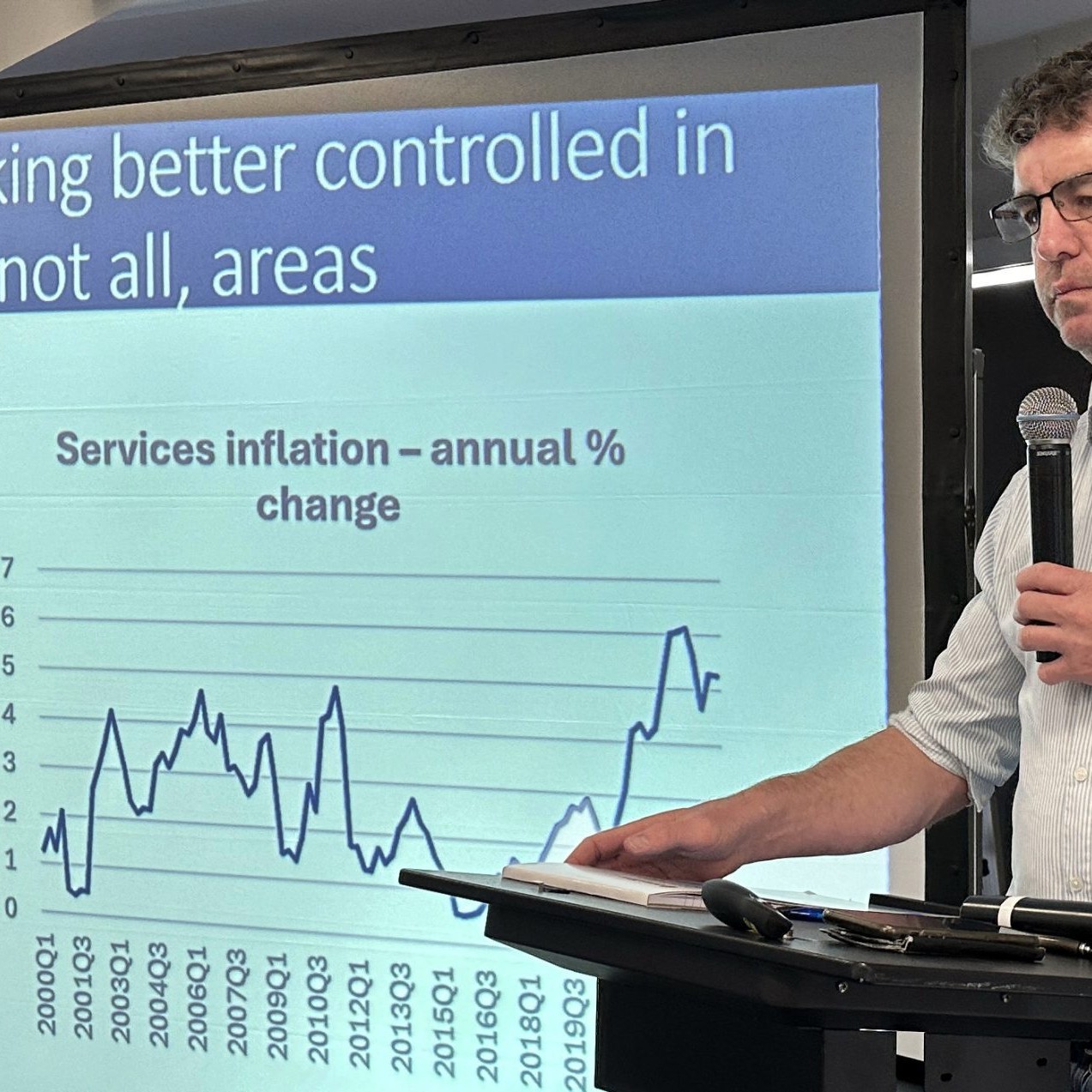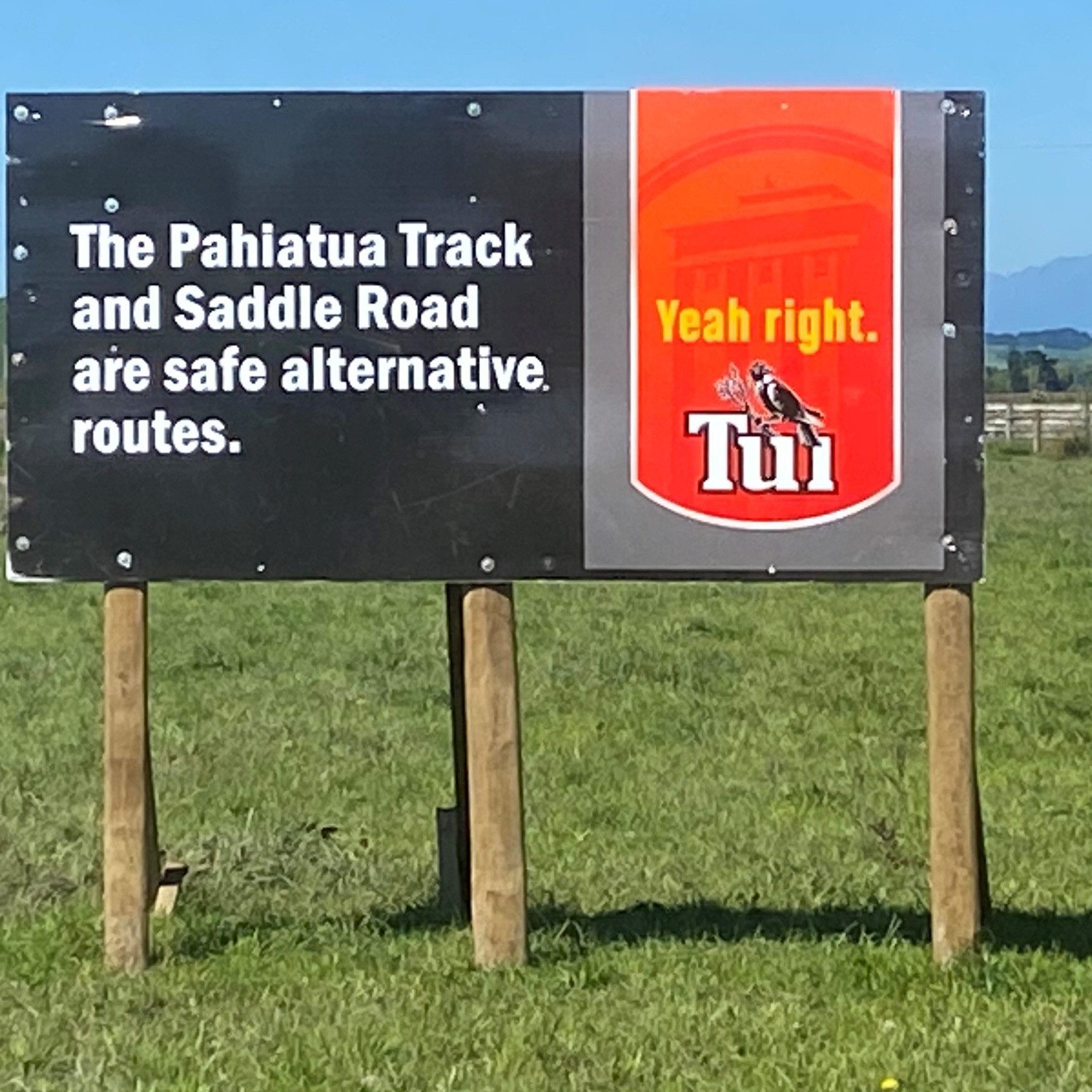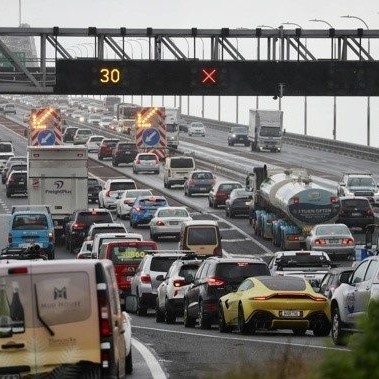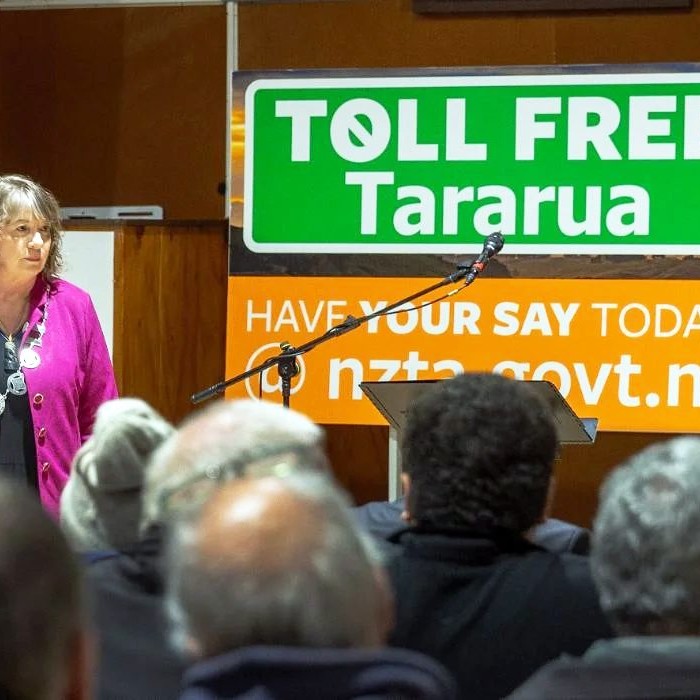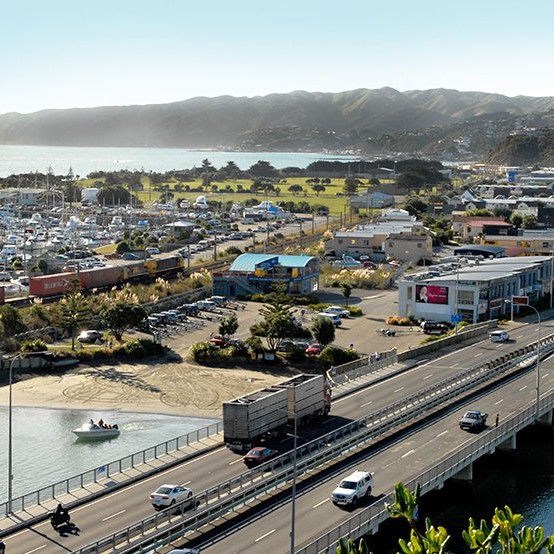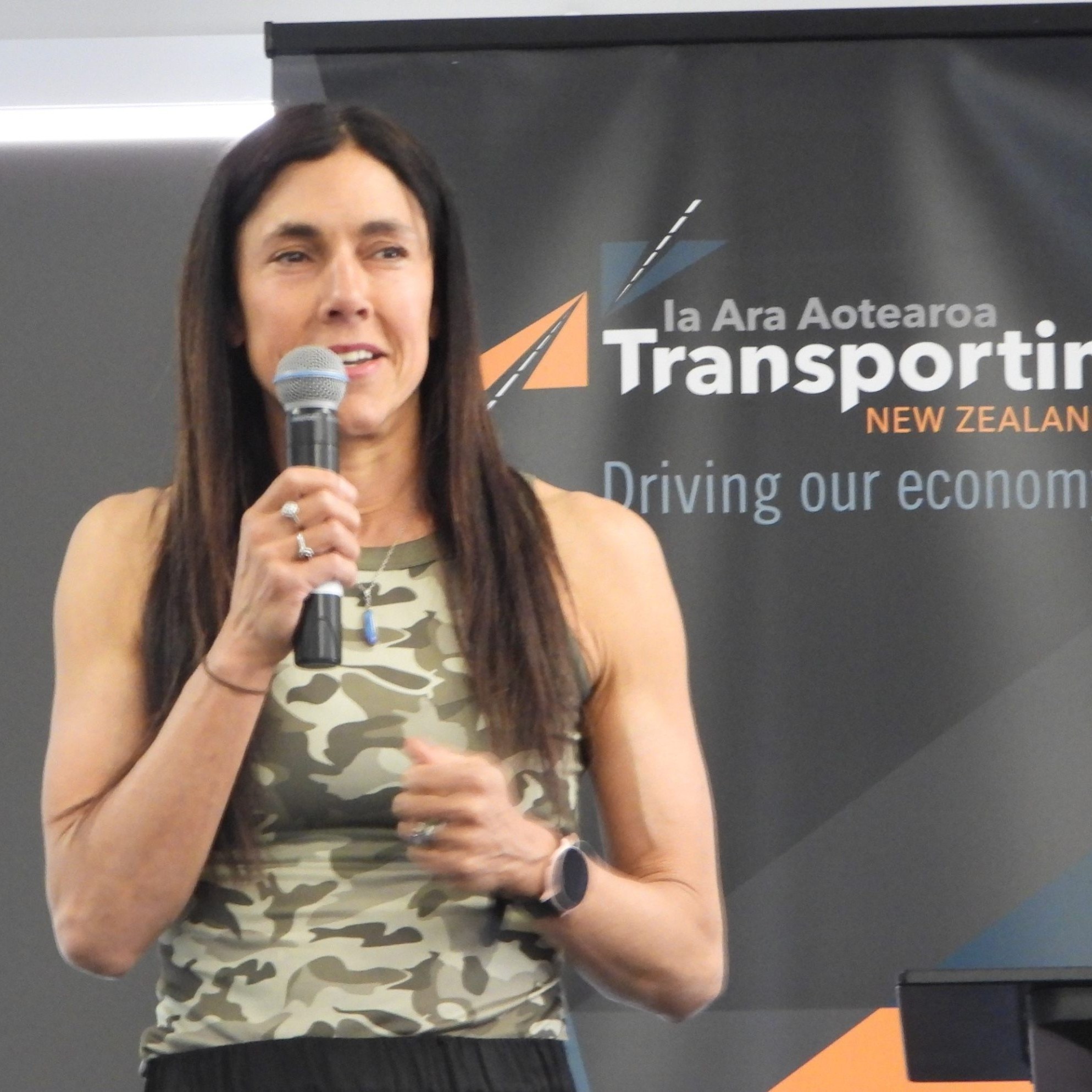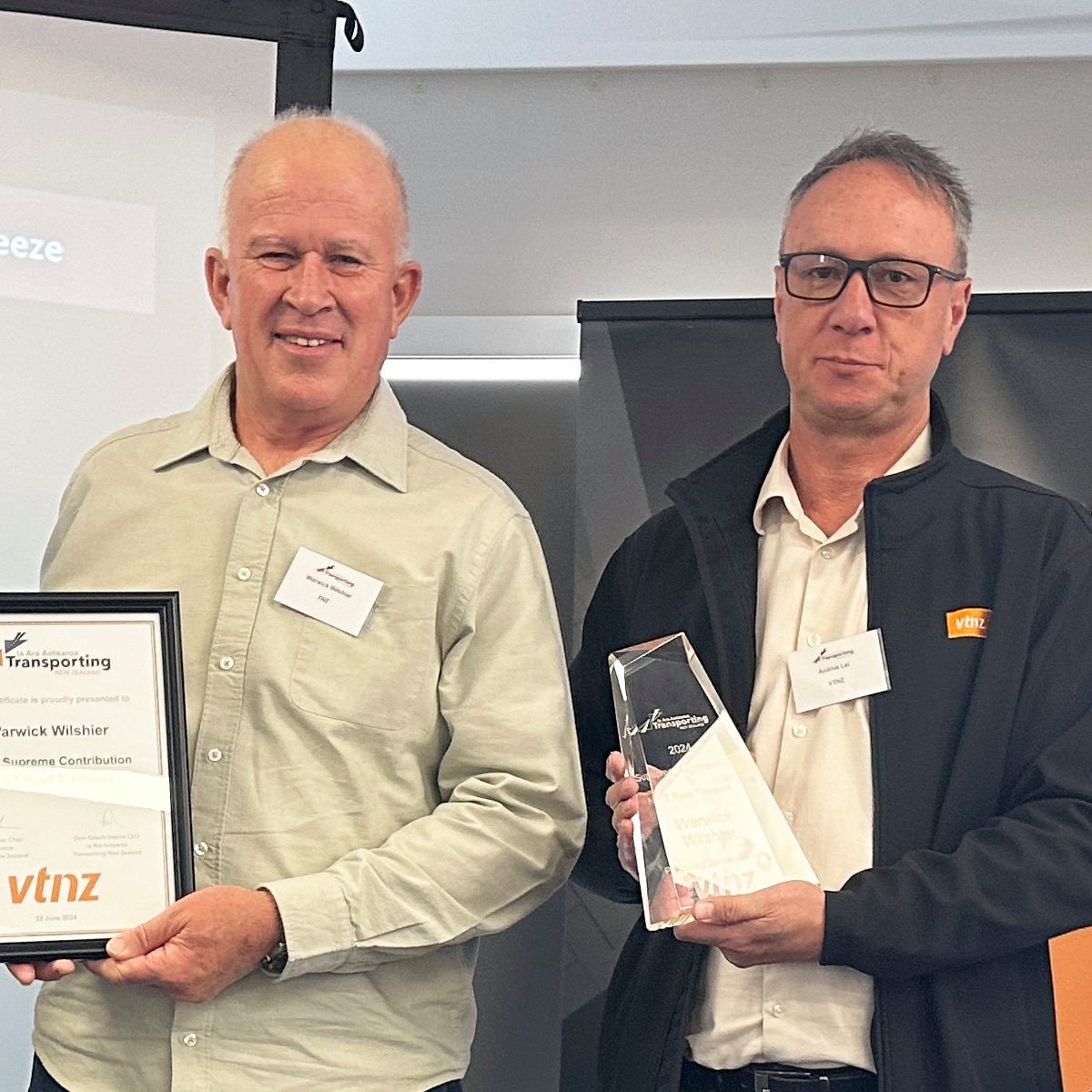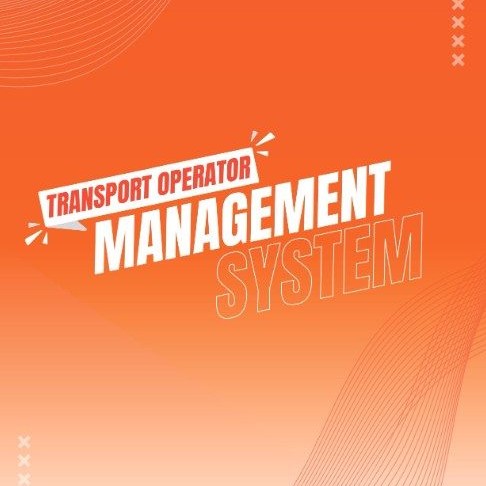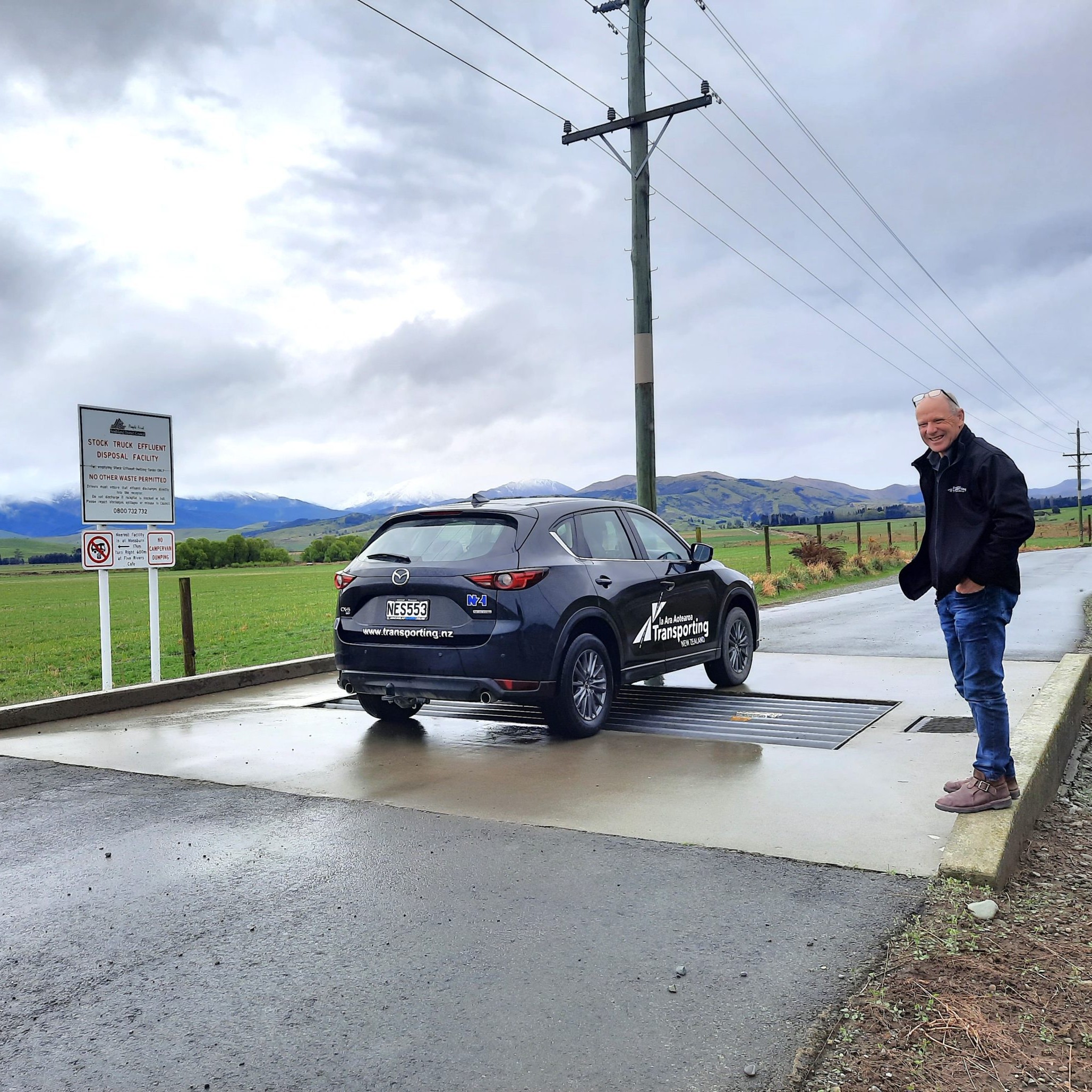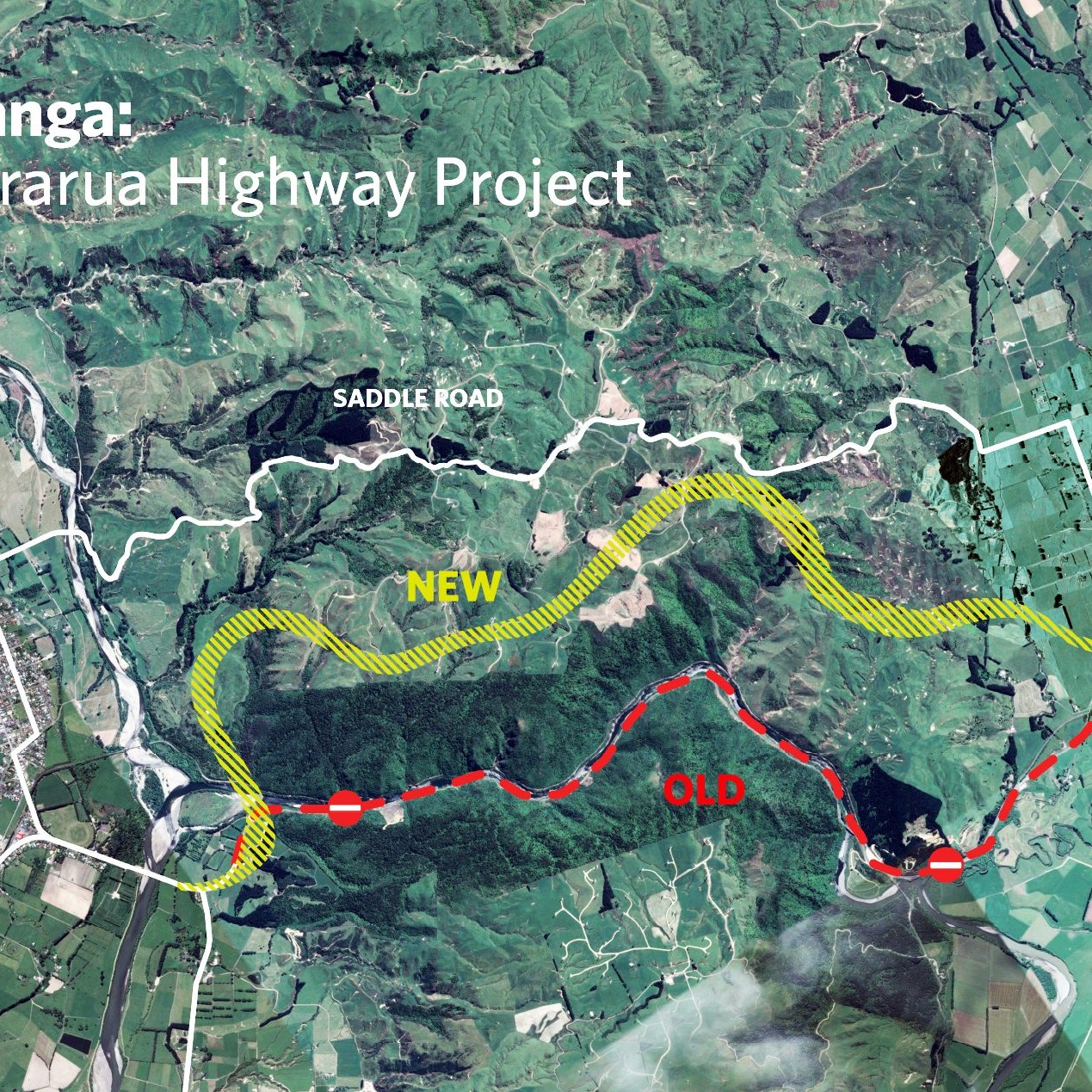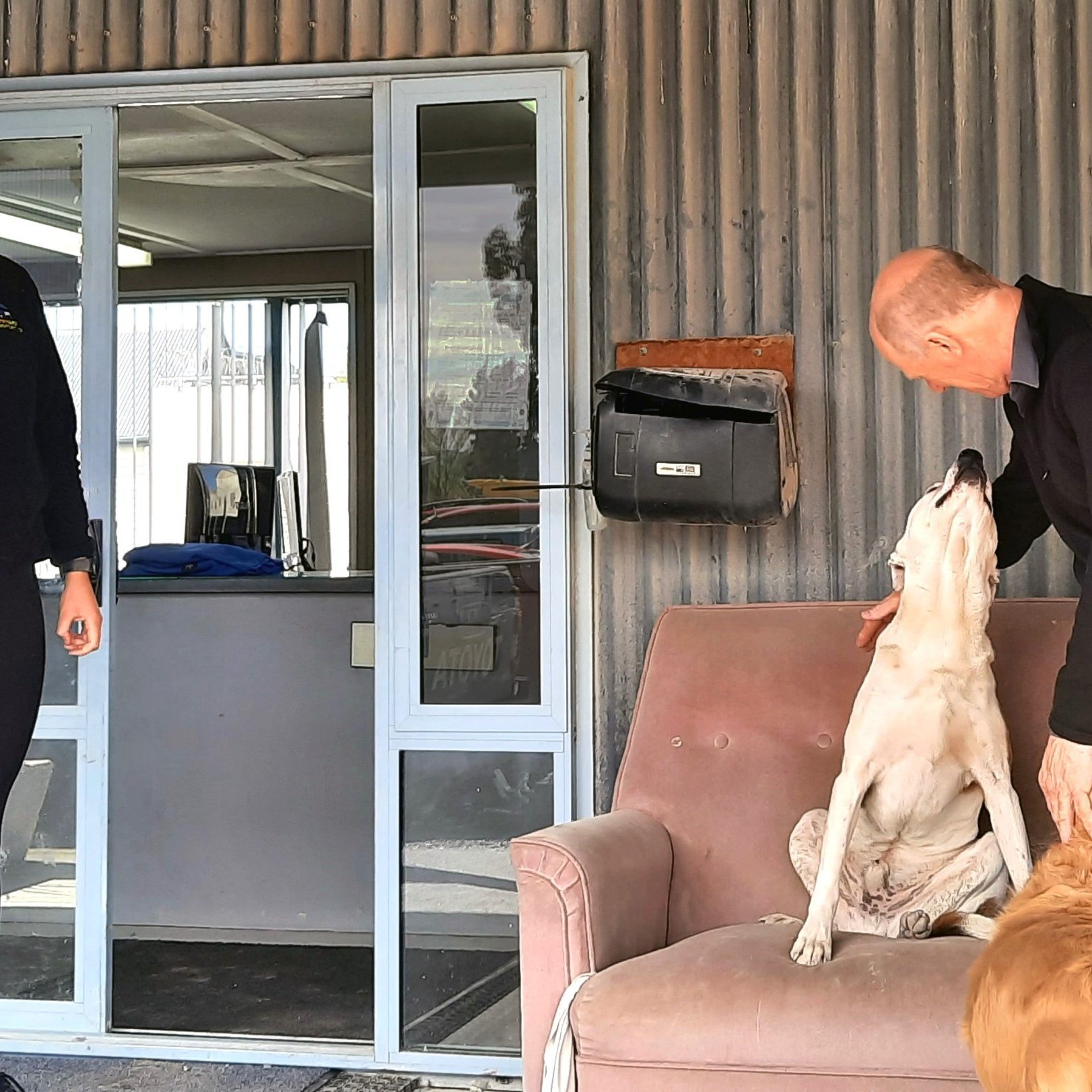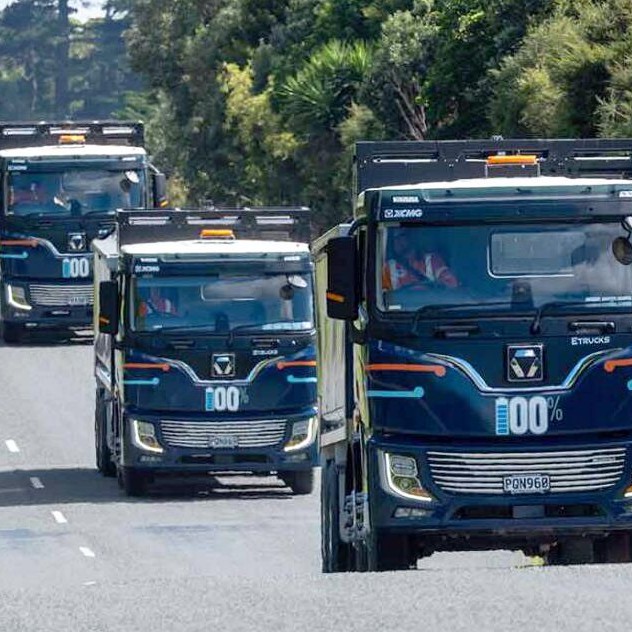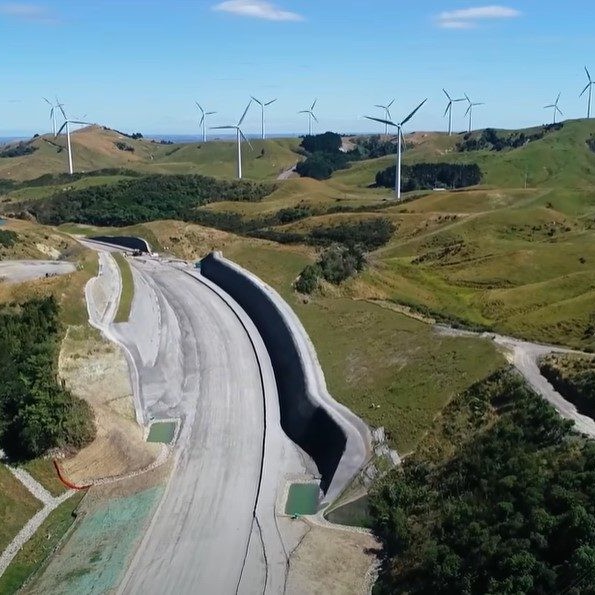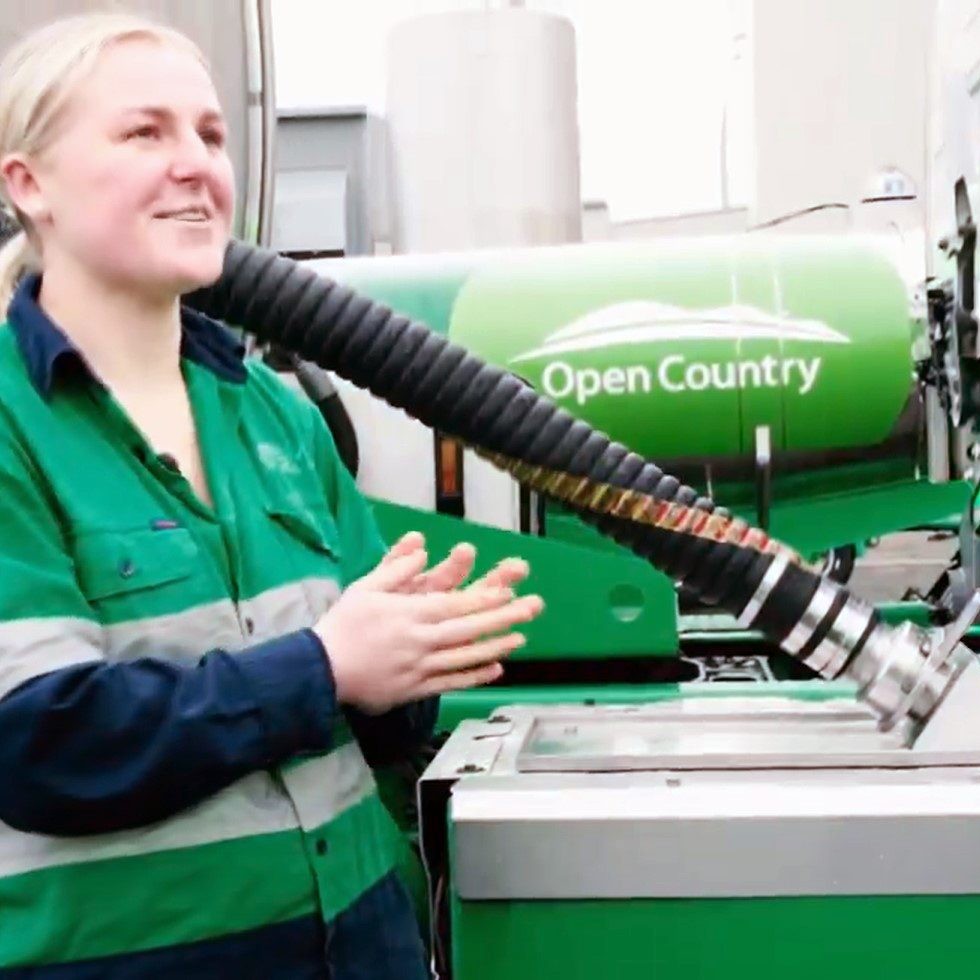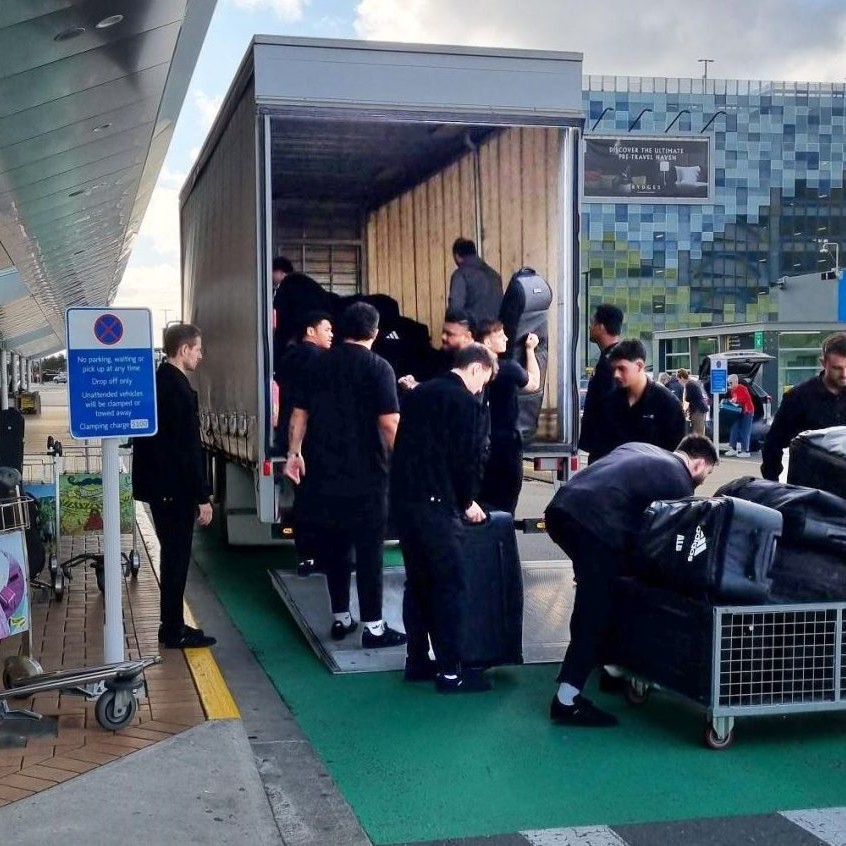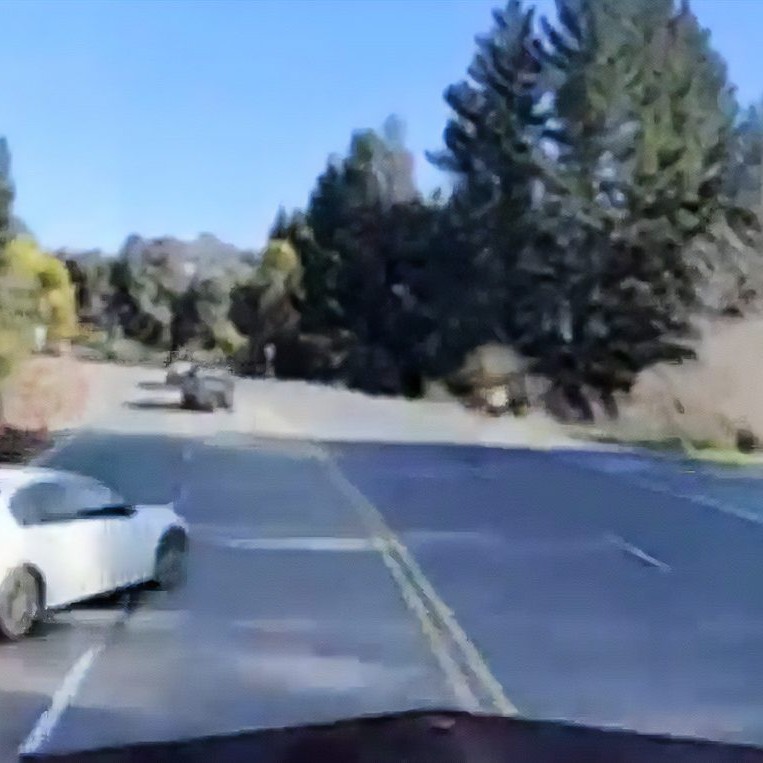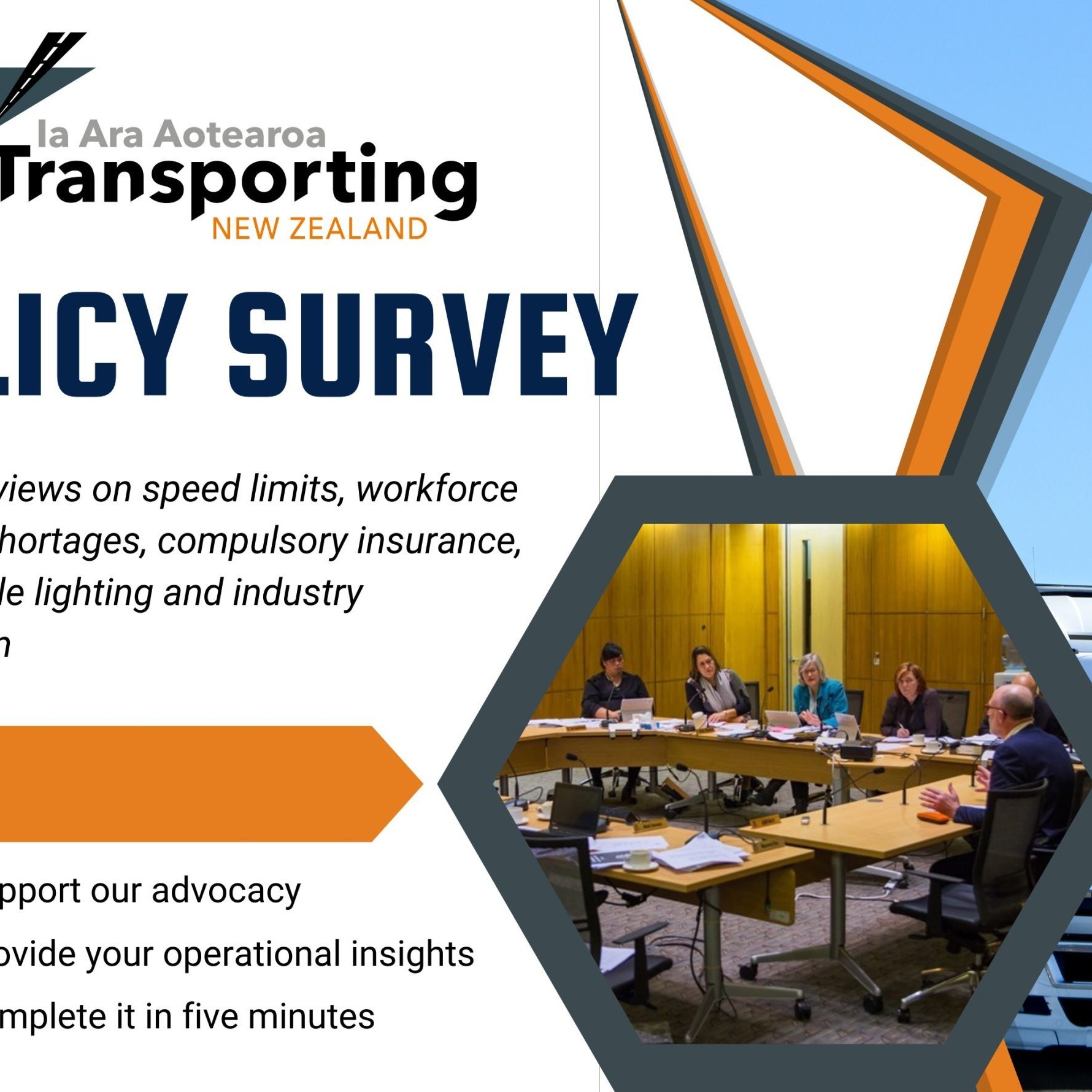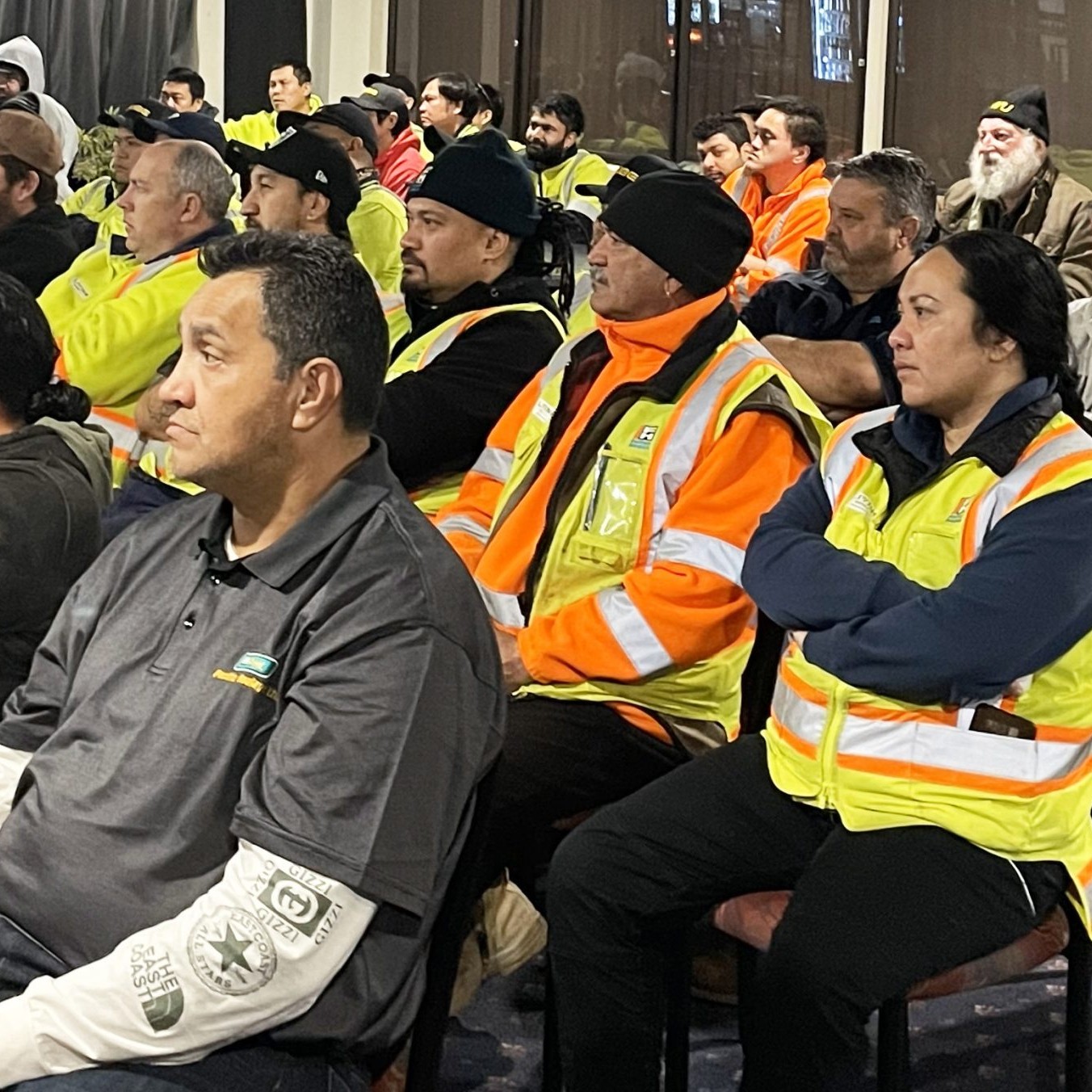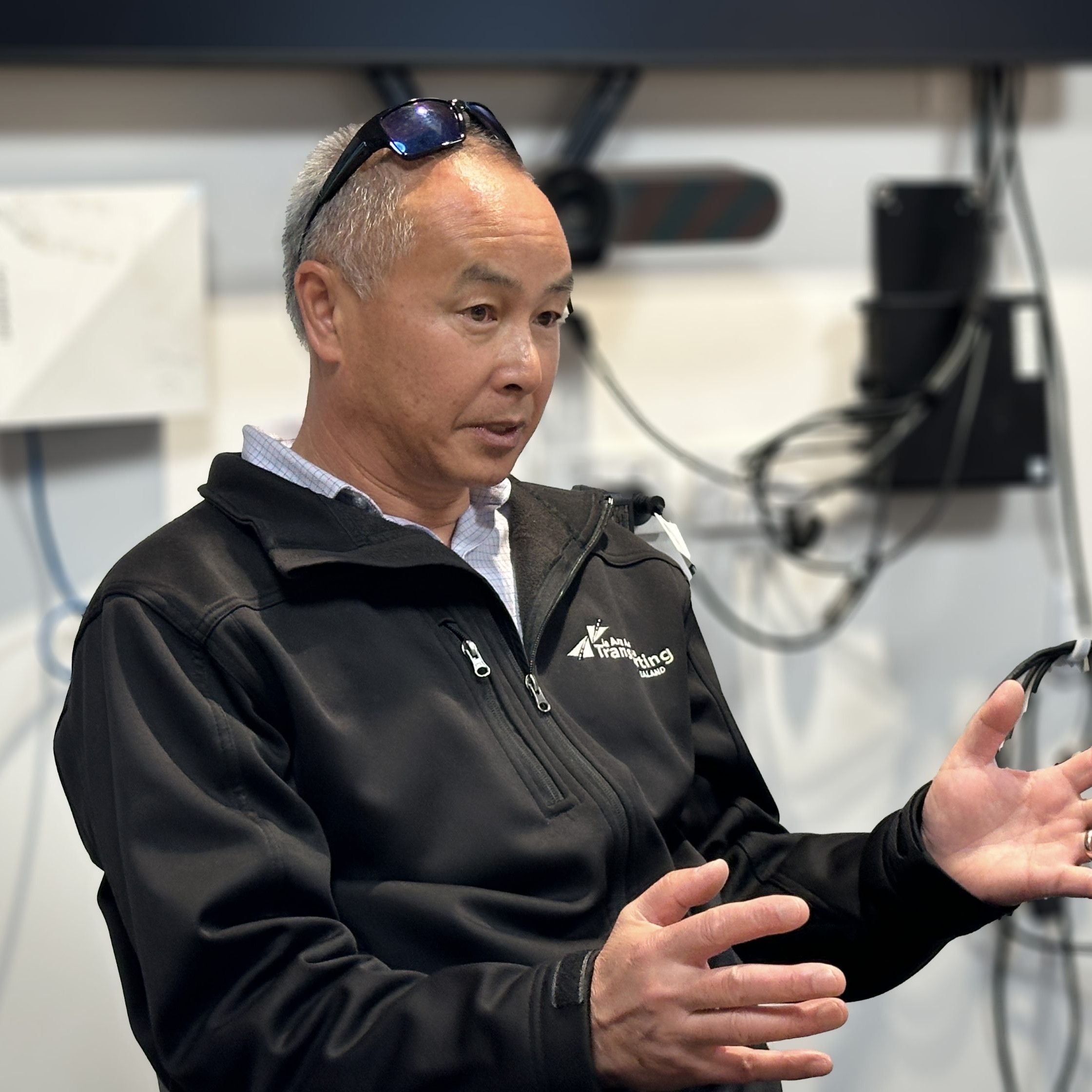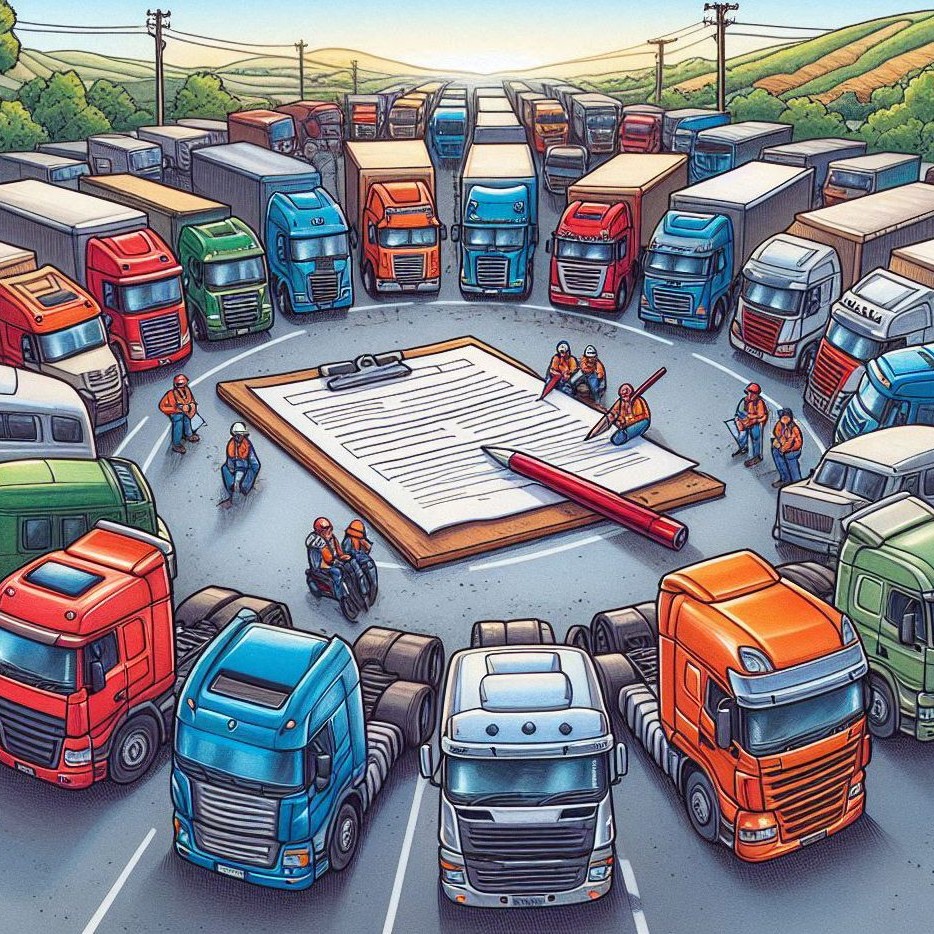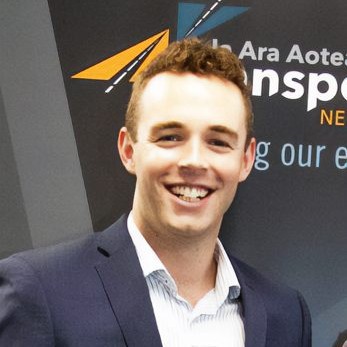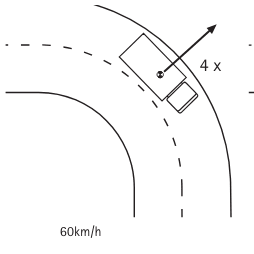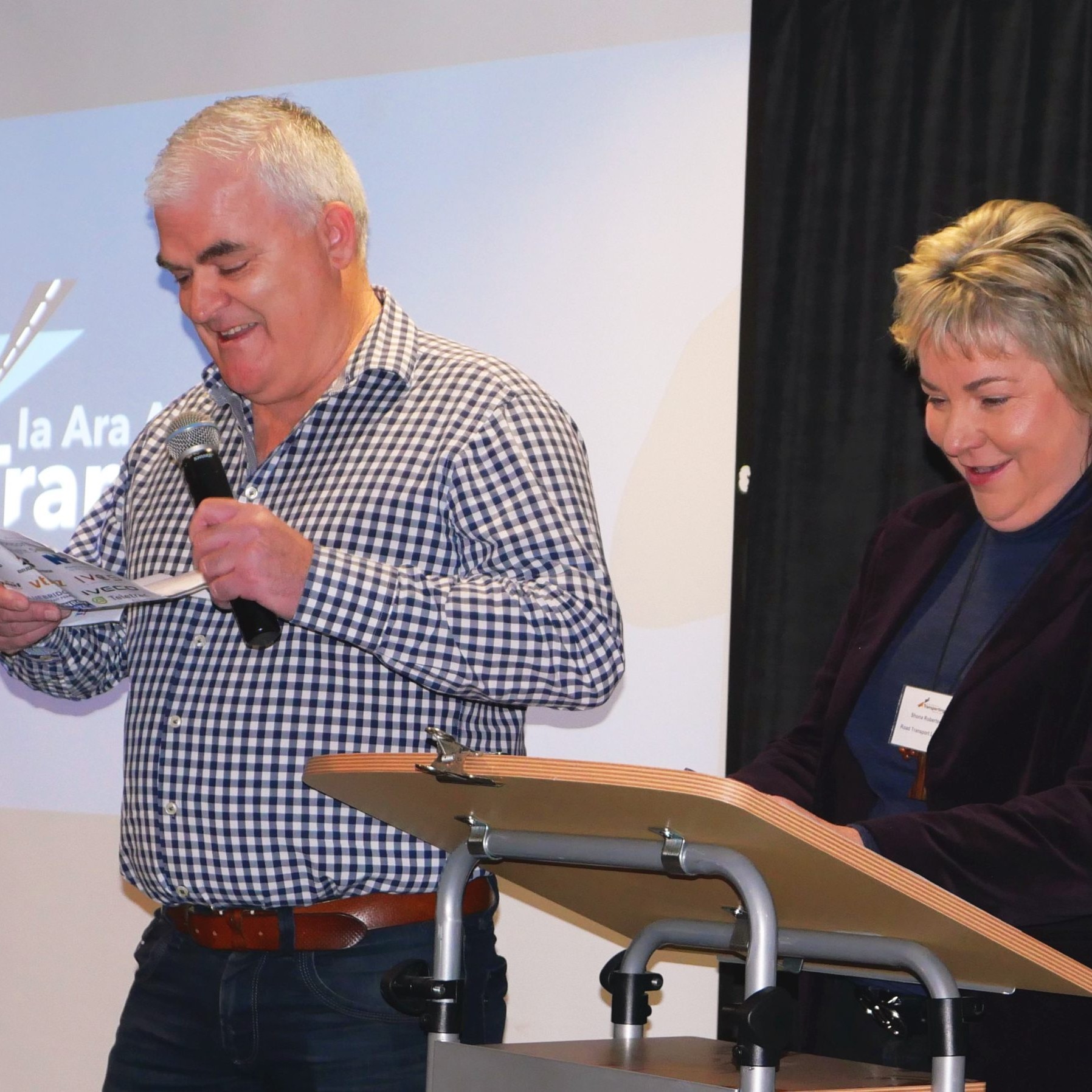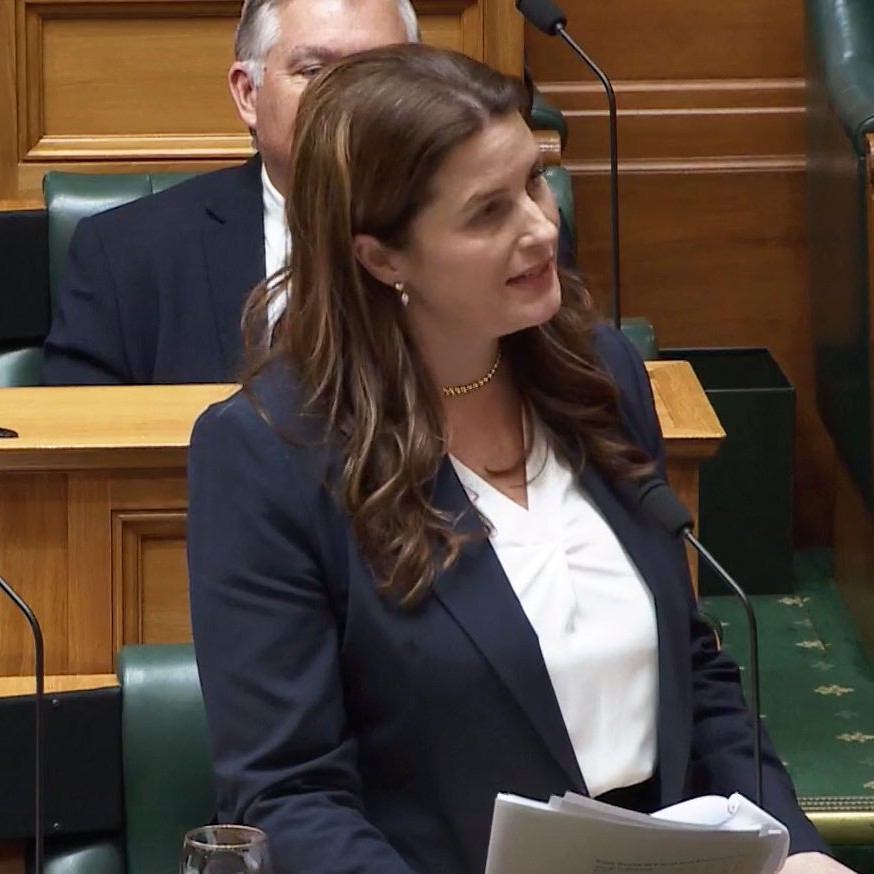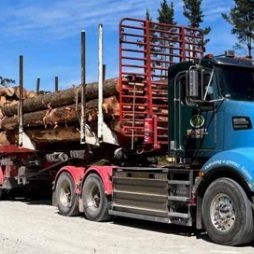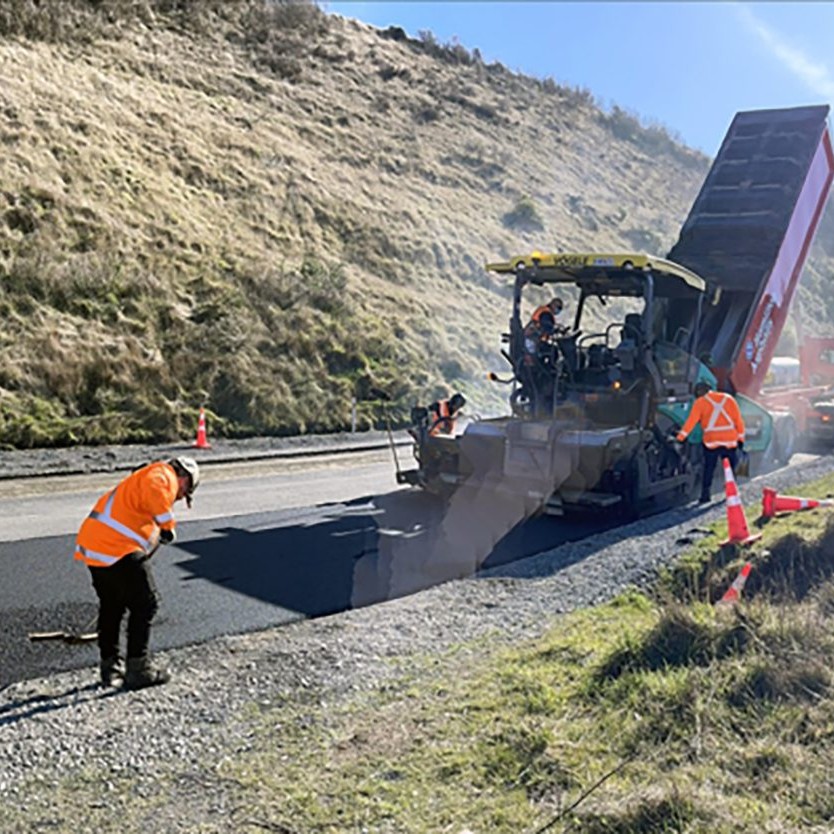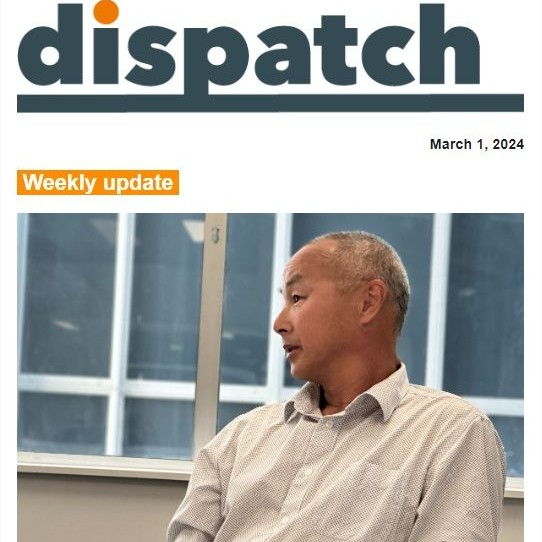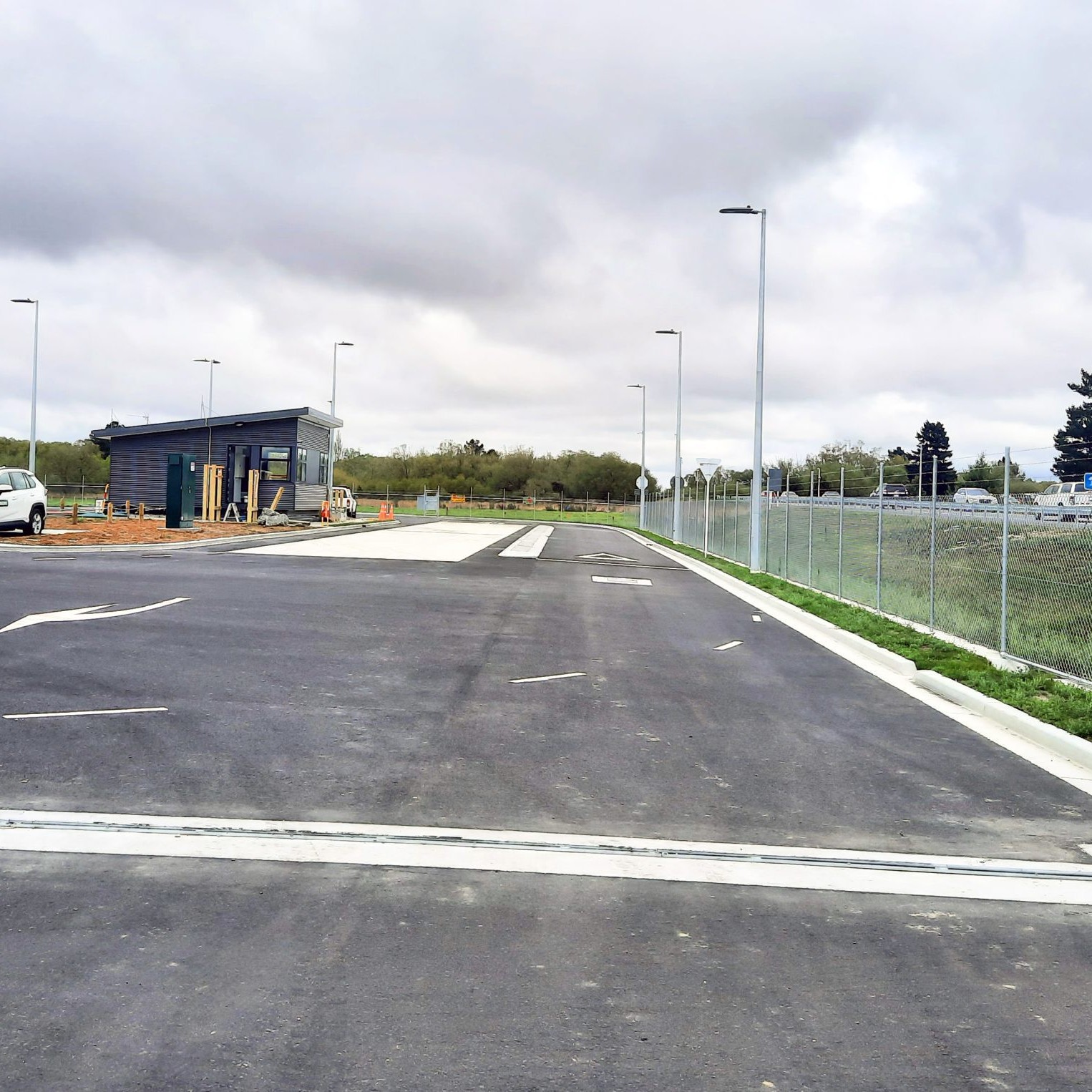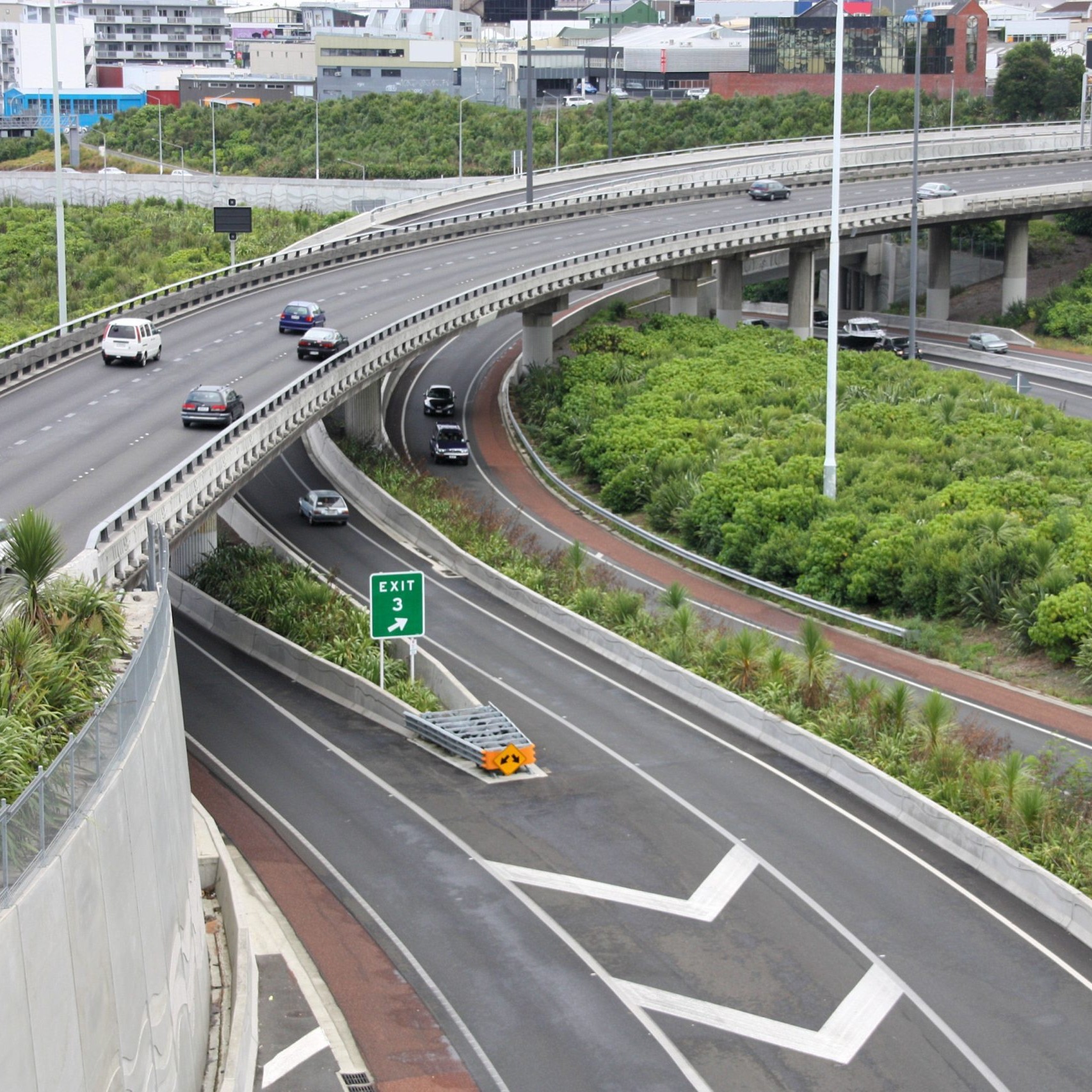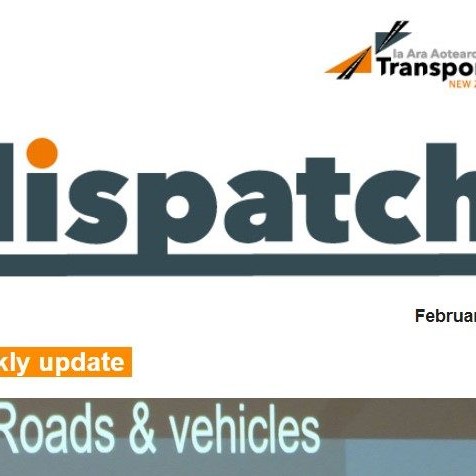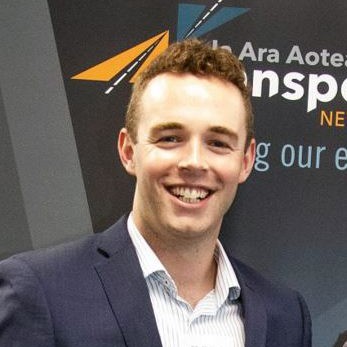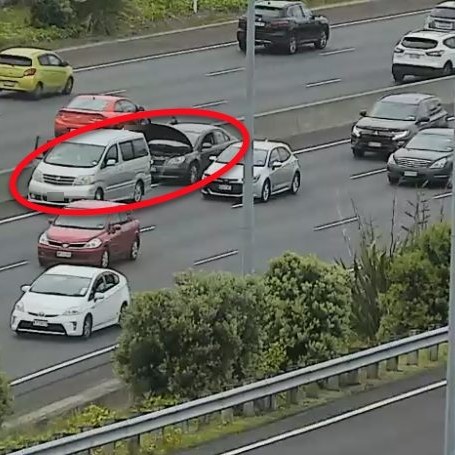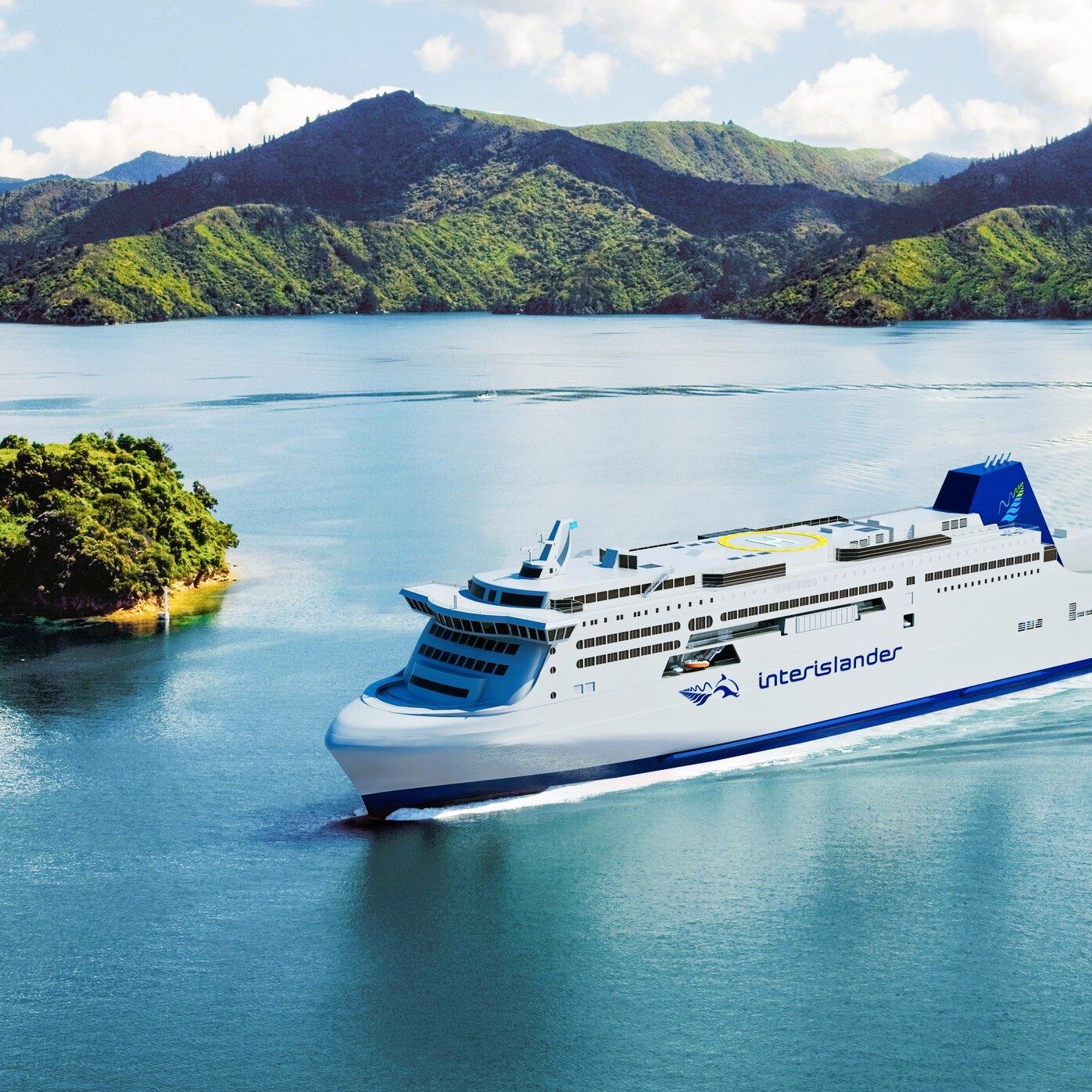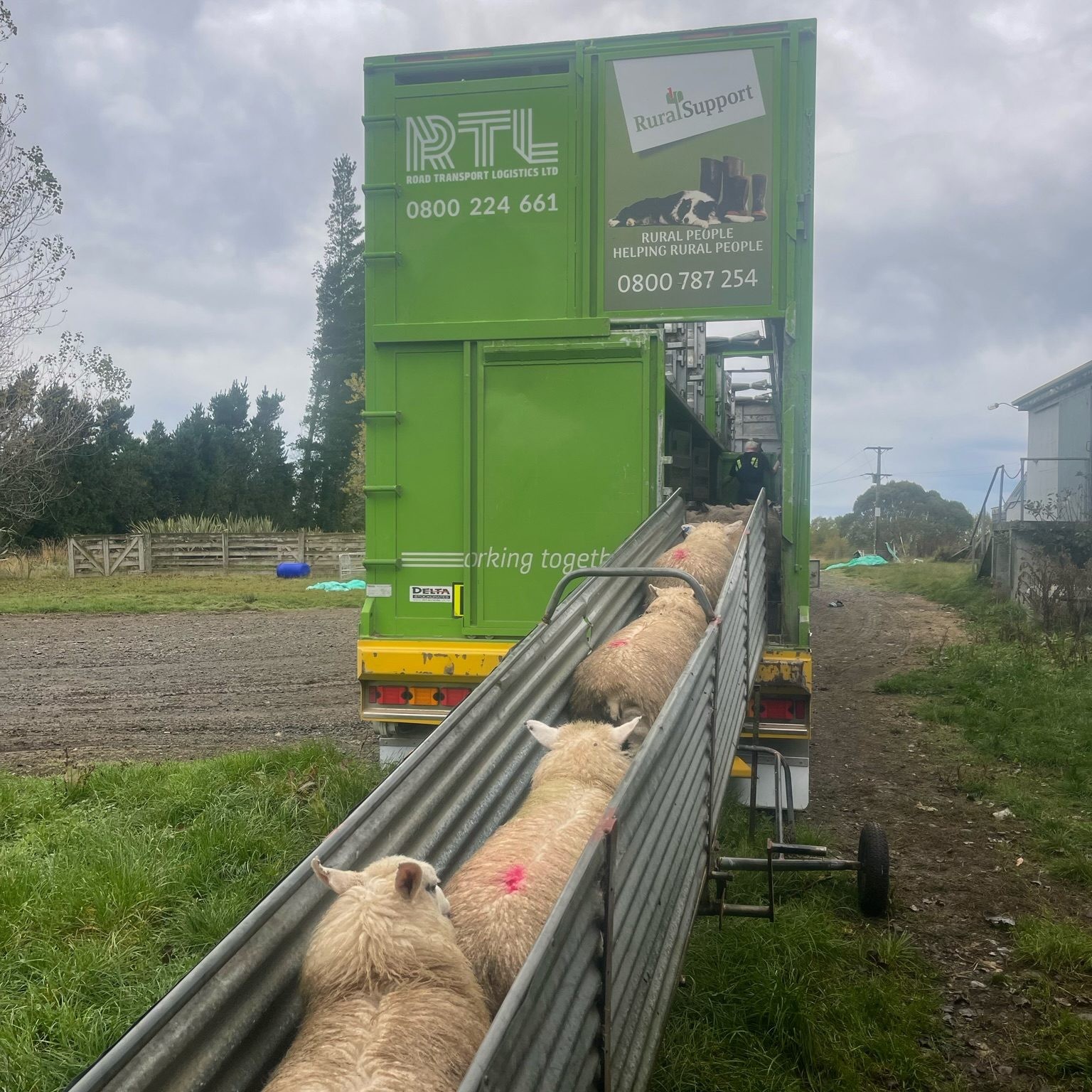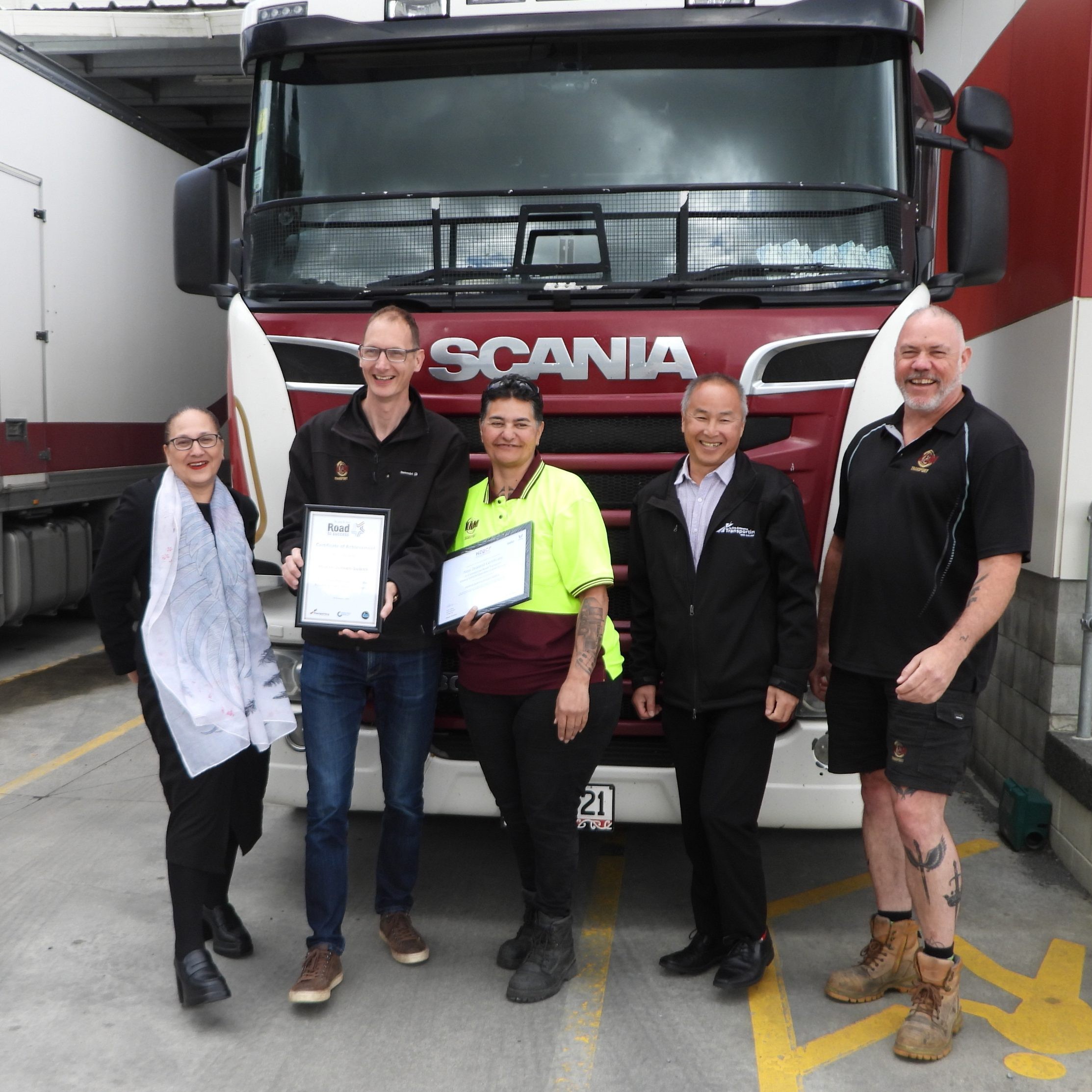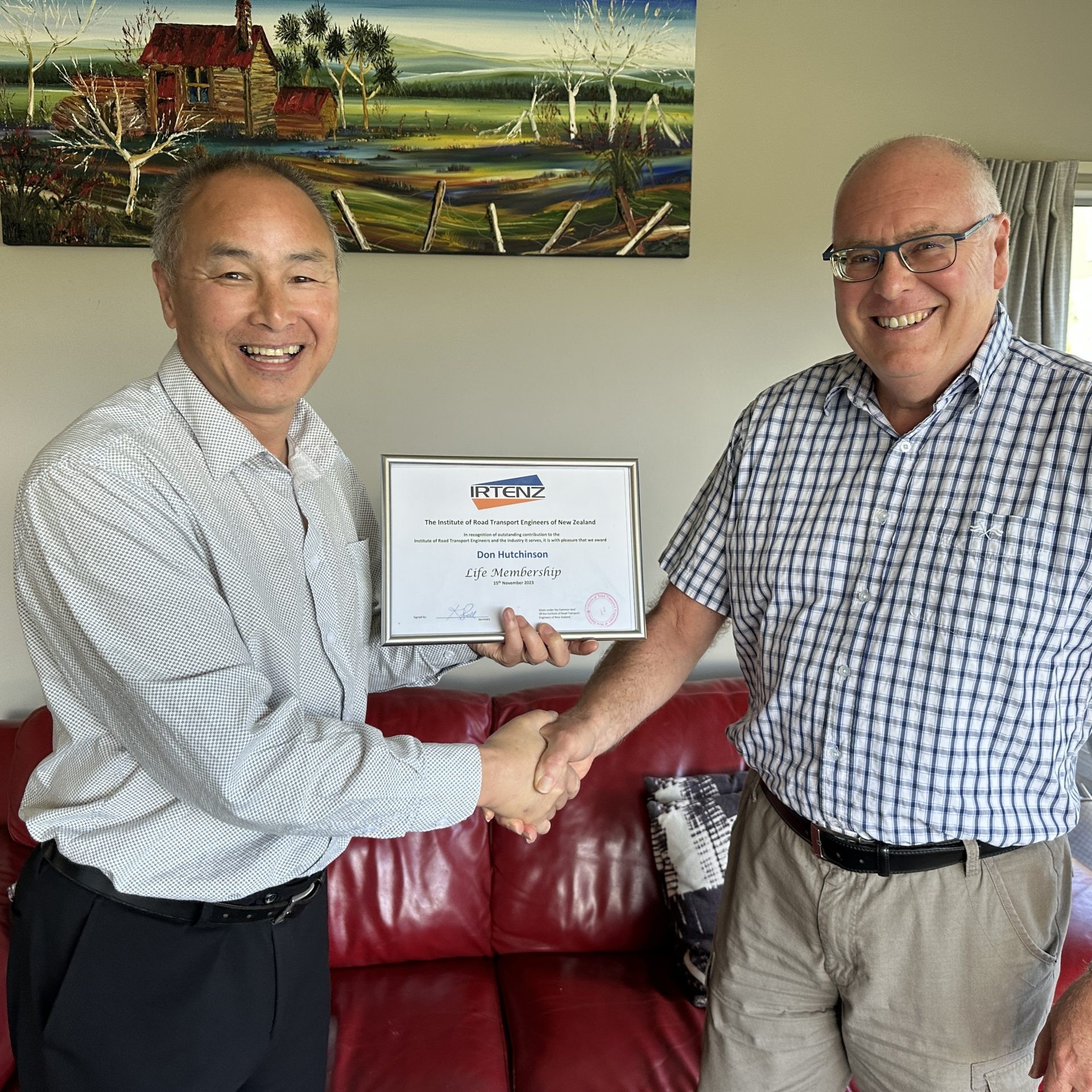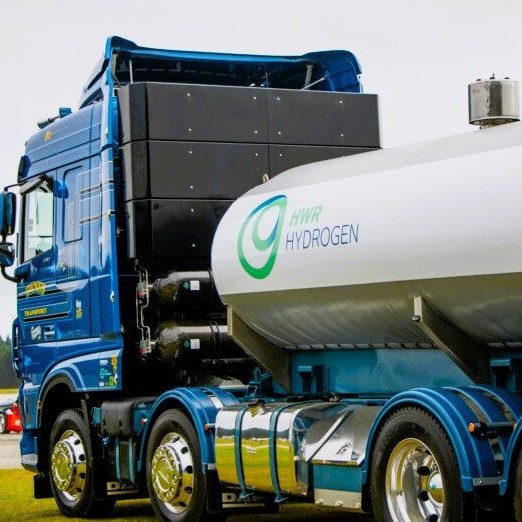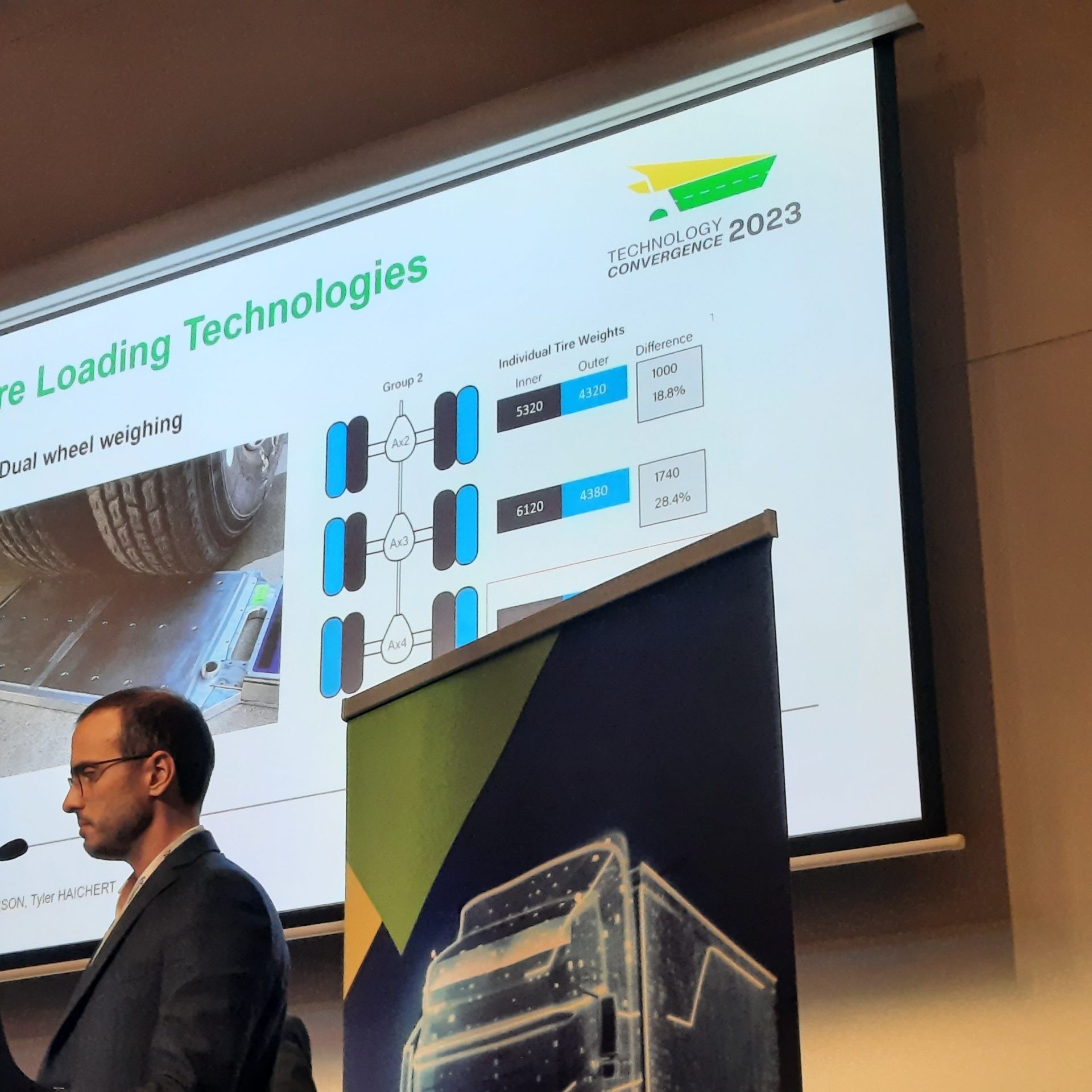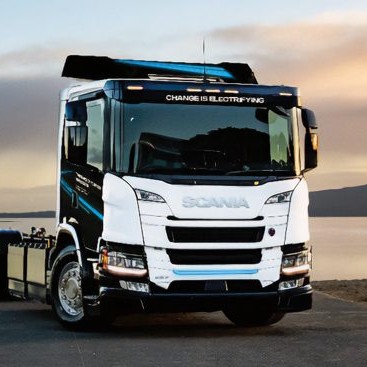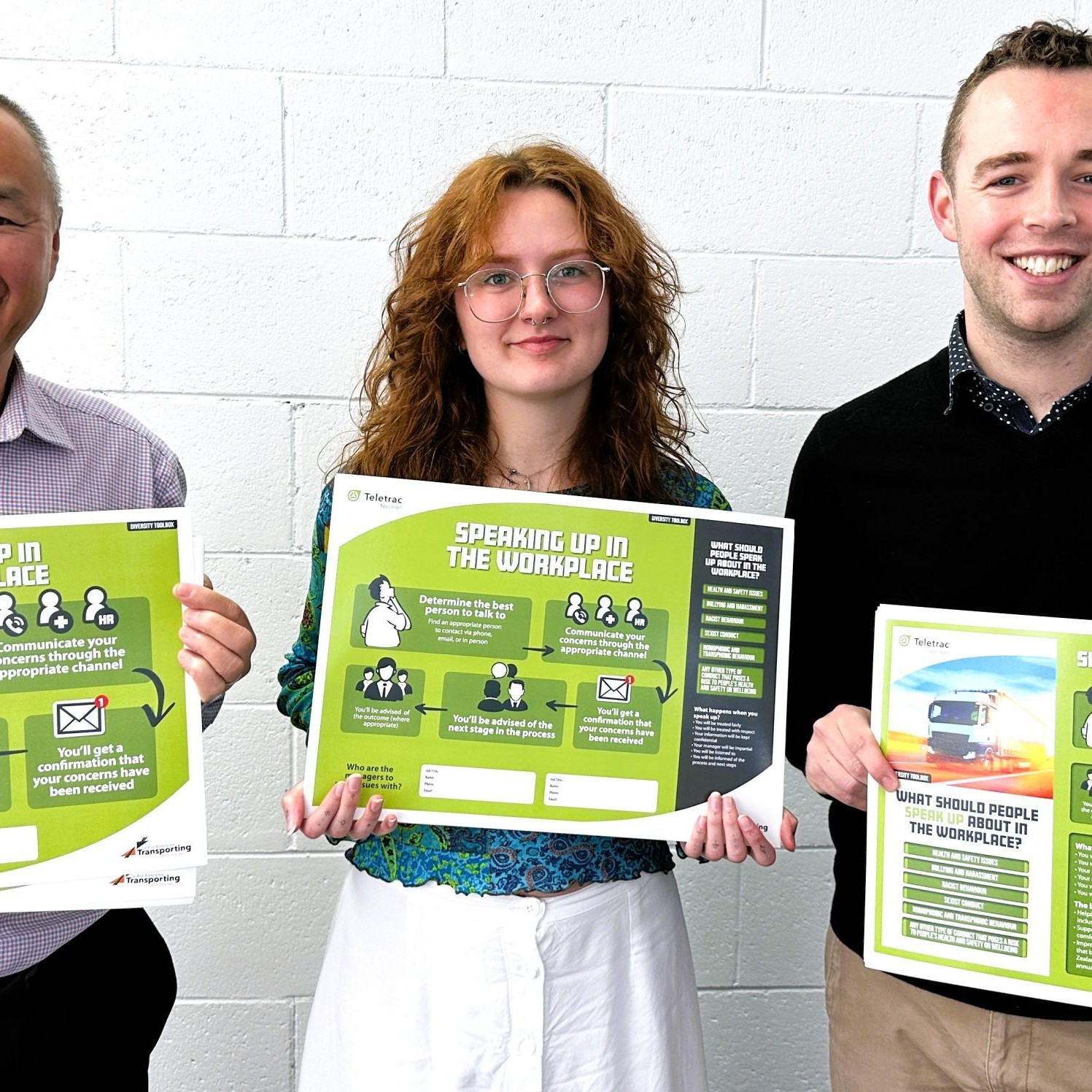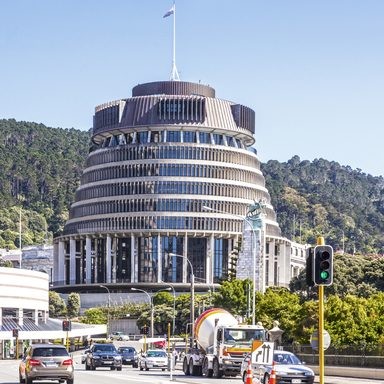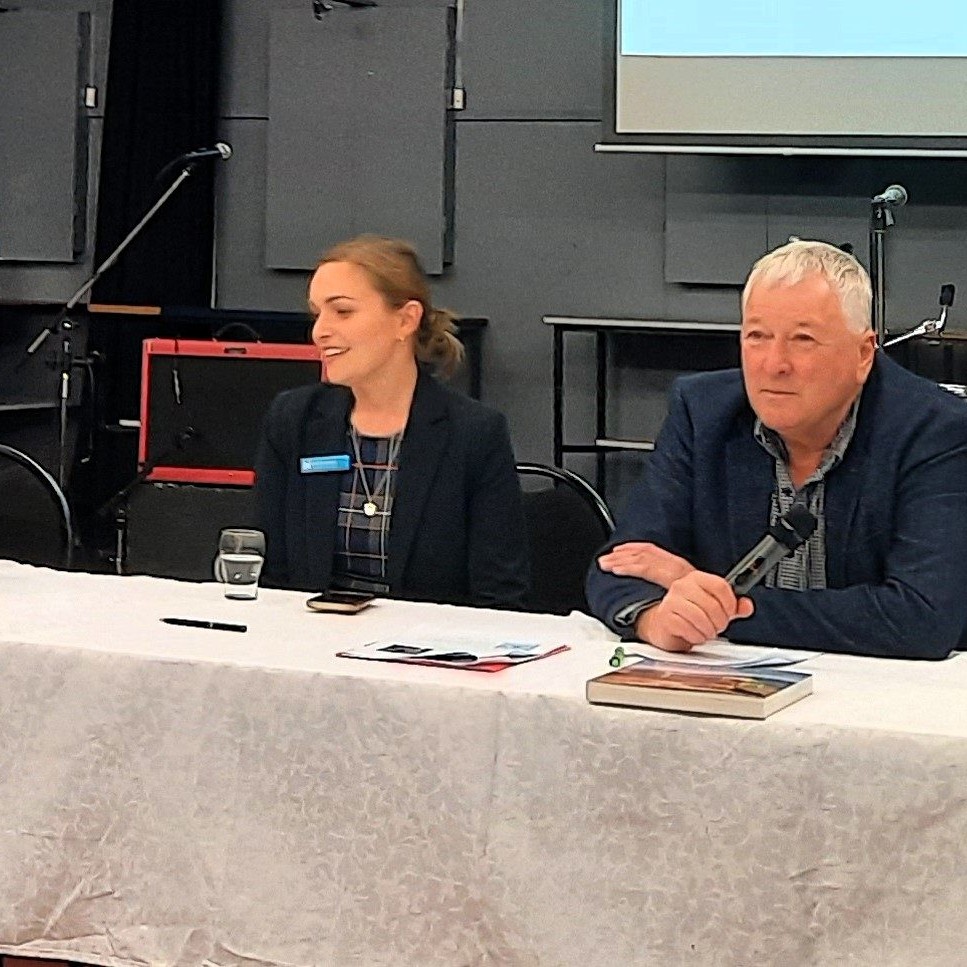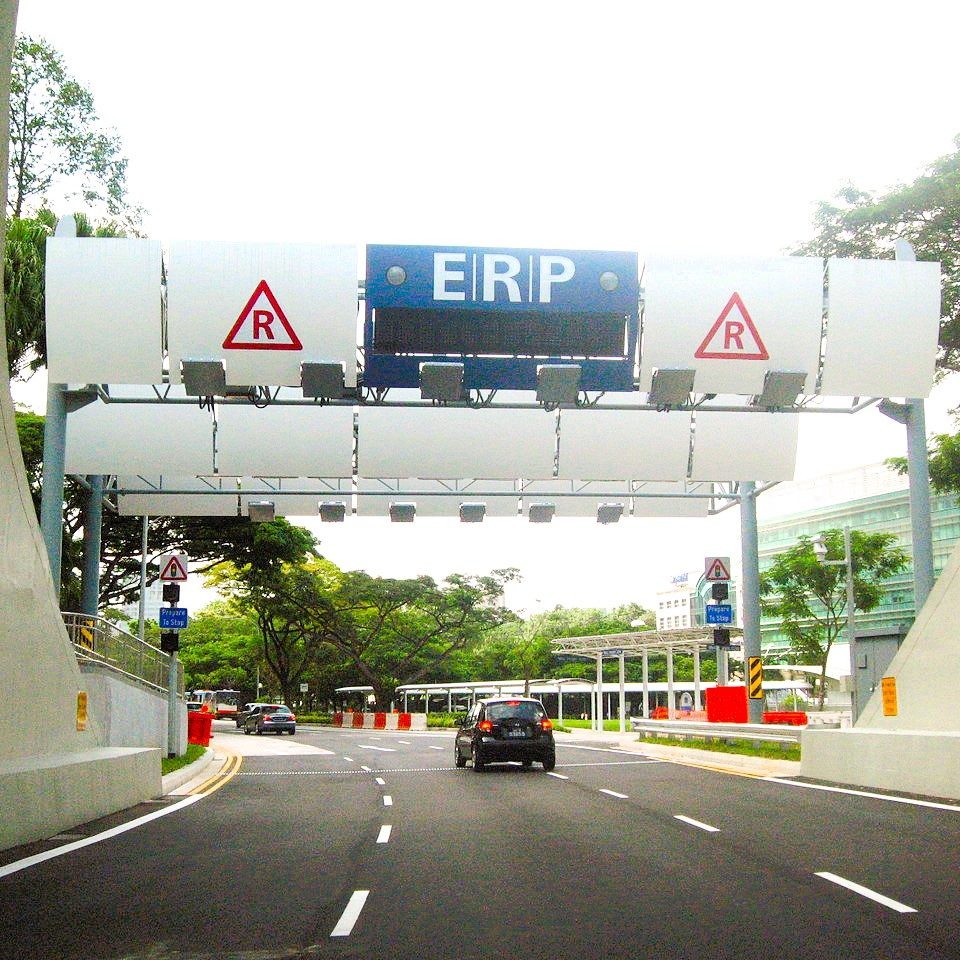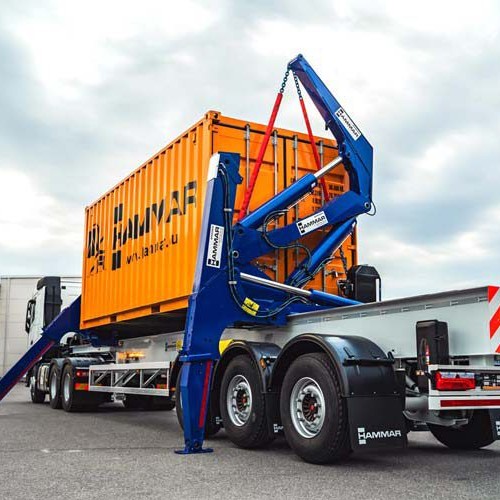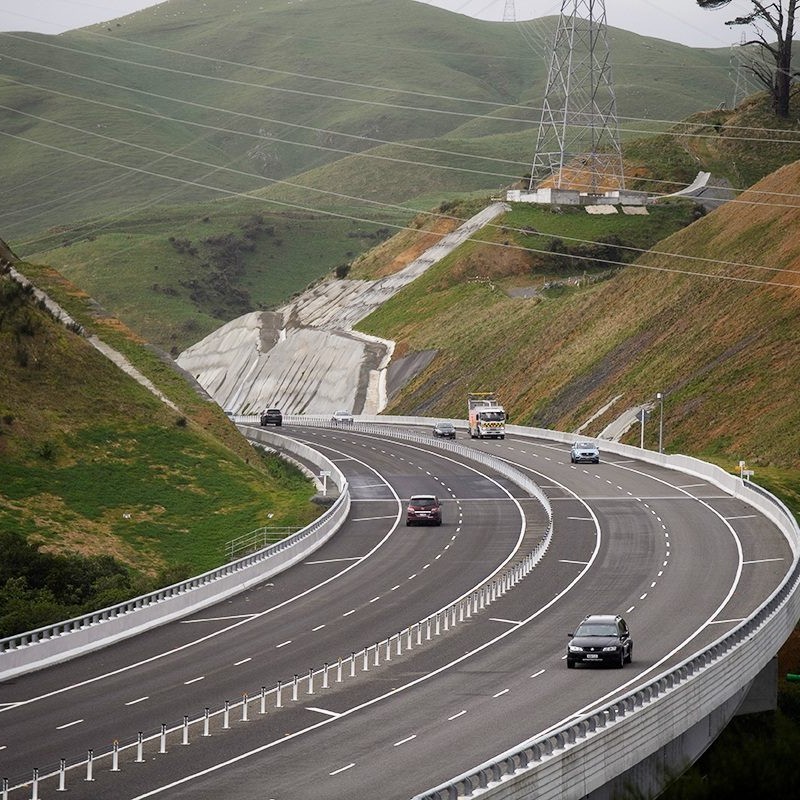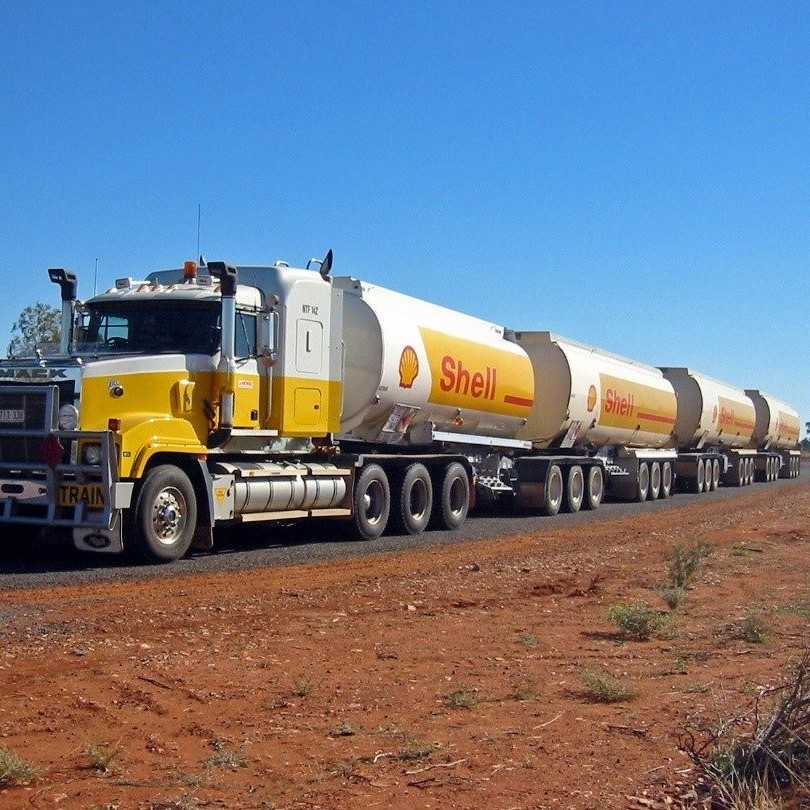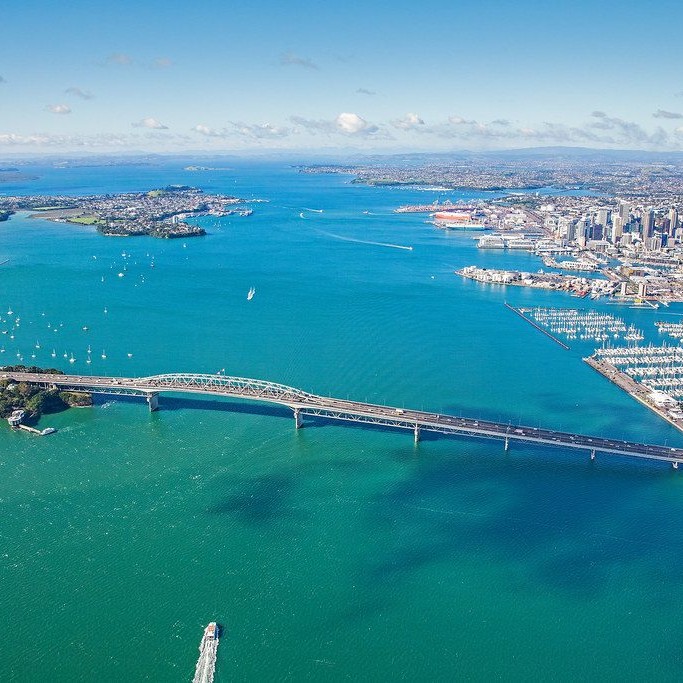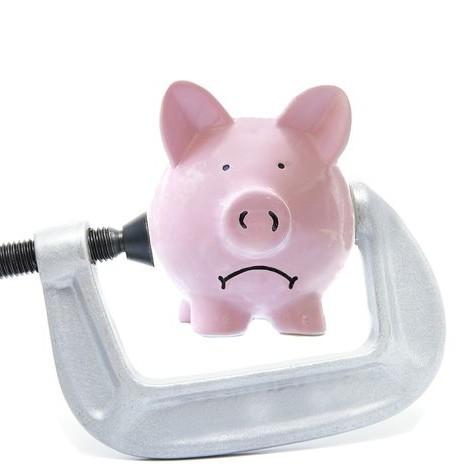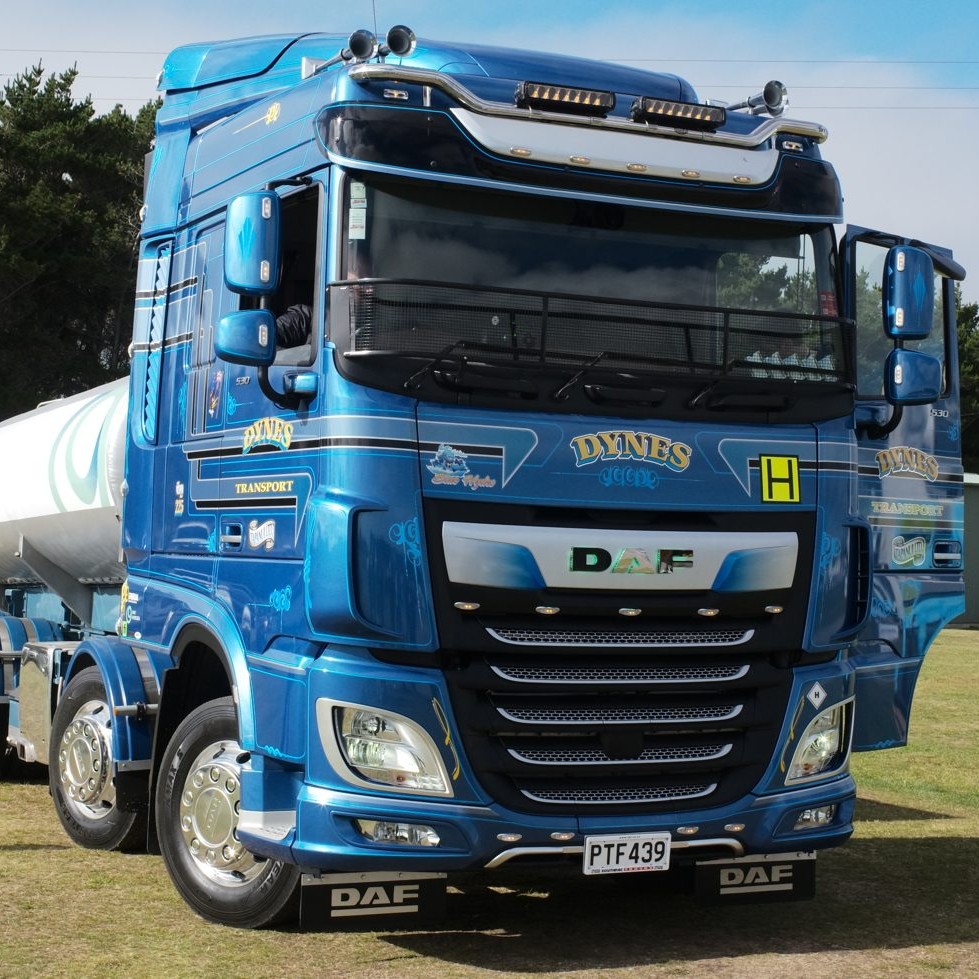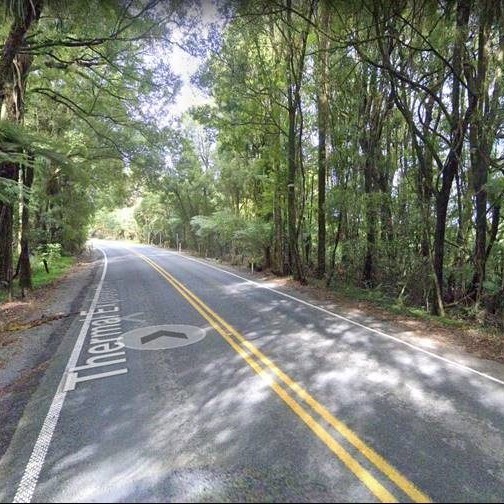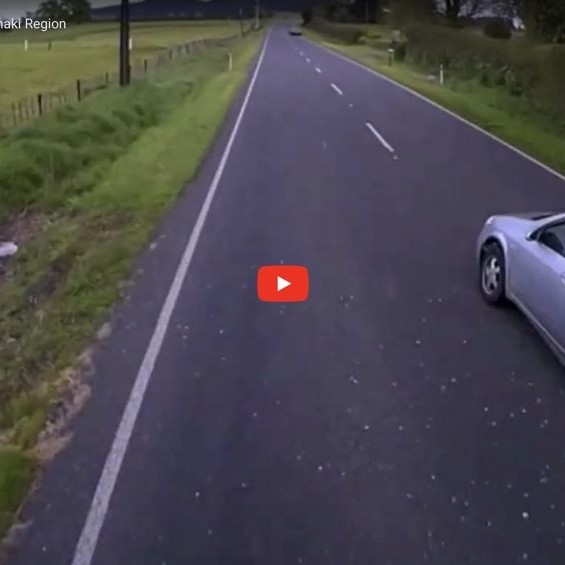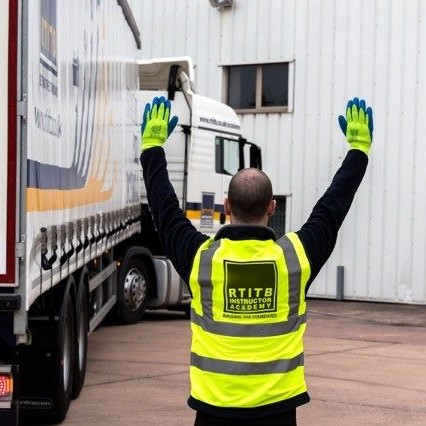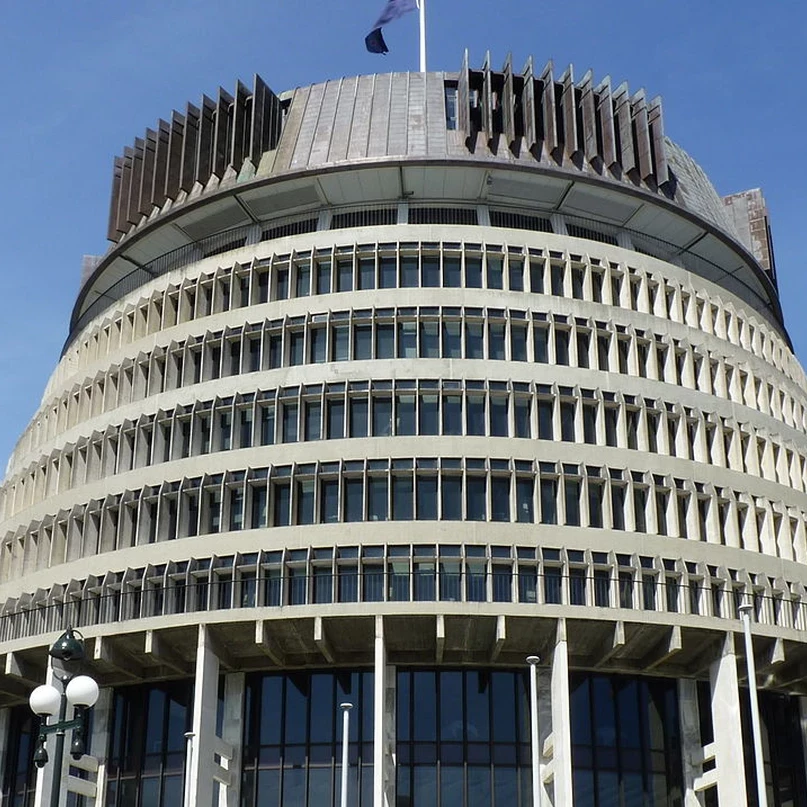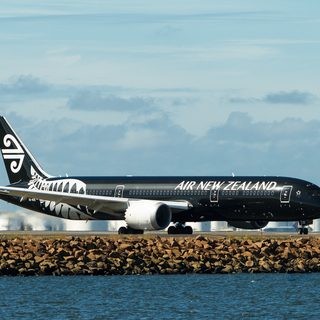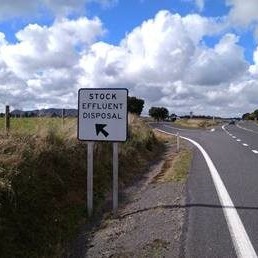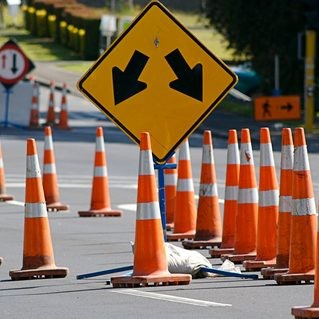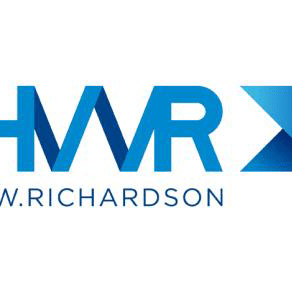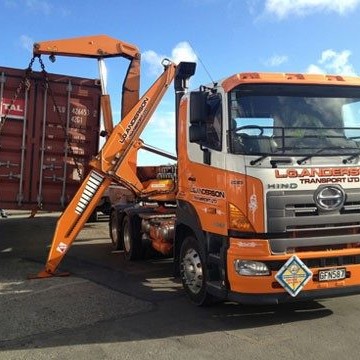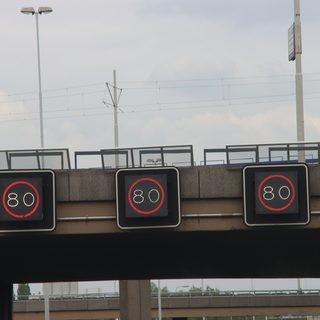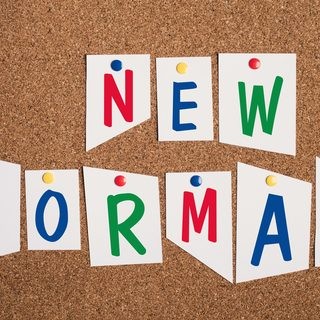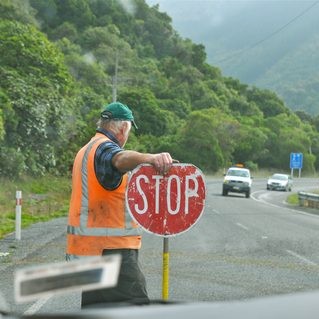
It’s a short week as many of us head off for our Easter break, but spare a thought for the many drivers that will still be on the road delivering essential freight.
On the business front it’s been a great last several days with some great positivity and useful changes happening.
Going faster
Last week we had media inquiries about our view on the 110 km/h speed limits being introduced on the Christchurch Southern Motorway.
While that doesn’t directly affect trucks, given their 90 km/h speed limit, we were supportive of the increase mainly because a road that’s been designed and built to accommodate higher speed limits is inherently safer to drive on.
Also, a 20 km/h speed difference means it’s much easier for cars to pass trucks and stay on side with the law. Trucks are also typically only ten percent of the traffic stream so the speed limit increase means a lot of other road uses can get to where they want to get to faster and safer.
Stopping unnecessary stopping
We were very pleased to see NZTA’s announcement this week that its latest plans for improvements to Dunedin’s SH1 one-way system no longer includes installing traffic lights at a key intersection.
We were opposed to a new set of traffic lights being put in on SH1 between Great King Street and Pine Hill Road because that would unnecessarily slow and stop traffic.
Typically about 10,000 vehicles use the southbound section of the one-way system and a similar amount use the northbound section every day, with trucks making up about 5 percent of that traffic. Unnecessarily slowing or stopping all those people and freight is not helpful, particularly when we are trying to improve the productivity of the nation.
Rolling back the barriers
I was pleased to hear at the Auckland Transport Freight Reference Group that NZTA is stepping back from some of its proposed wire rope median installations.
It’s now taking into consideration the inconvenience and additional travel impacts that the barriers can cause.
Setting expectations on shared responsibilities across a supply chain
This week we made our submission to WorkSafe on its proposed single code of practice which includes the legal requirements and what is good practice is for all supply-chain players involved in forestry and harvesting operations.
Too often within supply chains there is a siloed approach to managing risks with health and safety. We applaud WorkSafe’s approach to consolidating codes of practice and taking an integrated, collective approach across the supply chain which demonstrates the expectations of shared responsibility. This is something we’ve been pushing hard for.
Signs of government organisations thinking differently
What is most pleasing is that it appears key government groups are starting to think differently. In a good way.
NZTA is taking a more balanced approach and is beginning to propose solutions that improve both safety and productivity. This is something we’ve been advocating for some time now and it’s great to see what appears to be some change in the agency’s fundamental thinking.
Similarly, while WorkSafe has come under fire for not making their expectations clear to businesses, its draft Code of Practice remedies that in forestry and harvesting operations.
That said there’s still a lot of work to do.
Request for uniform government thinking
This week we’ve called on the Government to reverse its decision to end the Fleet Saver ACC levy discount scheme for transport operators.
Fleet Saver can save up to 40 per cent on the ACC portion of a firm’s annual motor vehicle license fees if they demonstrate their commitment to road and workplace safety.
Fleet Saver closes to new entrants from 1 July this year and will end on 20 June 2029.
We believe terminating that programme will jeopardise road safety and the Government needs to make it easier for businesses to sign up by reducing barriers.
The closure of the programme will not support improved safety and recovery outcomes, nor will it produce any material financial savings for ACC.
I find it even more puzzling that while ACC is shutting its Fleet Saver system down, NZTA is signalling its intent to reward transport operators with a variety of accredited management systems.
How one part of government can be closing down this approach just as another one starts off on that path is baffling.
The industry deserves some joined up government thinking on this otherwise it appears inevitable there will be an increased compliance cost to industry and ultimately that will show up as an increased cost of living.
Have a great break
For those that are taking a break, enjoy the time off and for anyone travelling, keep safe.
